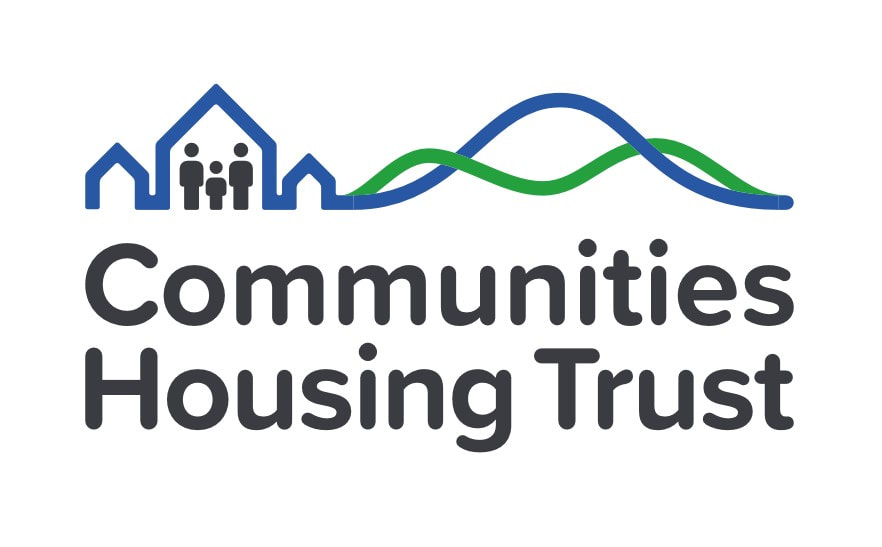|
The Scottish Self Build Loan Fund has committed more than £6 million in loans to self-builders across Scotland to date. The fund was established in 2018 by the Scottish Government to support self-builders who are unable to obtain mainstream self-build mortgage finance, for example people in rural areas, or older people looking to downsize. The original £4 million Fund was given an additional boost of £2 million in March 2021, to help meet demand. £6 million has now been committed to 40 families and individuals in 13 Local Authority areas, to provide homes which wouldn’t otherwise have been possible. The loans are repaid when the homes have been completed by acquiring a standard residential mortgage, or the sale of the existing home. The 40th loan was offered to schoolteacher Kirsten Hay in Shetland, who had struggled to progress their self-build project for 20 years: We originally had an old croft house on the site that we intended to renovate 20 years ago. My partner was going to do most of the work himself but unfortunately due to a car accident not long after, was left disabled and wheelchair bound. The Loan Fund is administered on behalf of the Scottish Government by the Communities Housing Trust, an Inverness-based charity working closely with communities to provide affordable homes and much-needed amenities.
Loans which have already been repaid are being ‘recycled’ to finance additional builds, allowing even more people to build their own homes. Homes are now complete or under construction in 13 Local Authority areas: Aberdeenshire, Argyll & Bute, East Ayrshire, North Ayrshire, Falkirk, Highland, South Lanarkshire, Orkney, Perth & Kinross, Scottish Borders, Shetland, Stirling, and the Western Isles. The Fund remains open to applications until 31 August 2022, with loans to be repaid by August 2023. For more information about the Self Build Loan Fund, and to apply, please visit: https://www.chtrust.co.uk/scotland-self-build-loan-fund. Five affordable self-build plots on Elizabeth Crescent in Dornoch are seeking budding home-builders!
The plots are for sale at £25,000 each by Dornoch & District Community Association (DADCA), following a community asset transfer of land from The Highland Council. Full planning permission has been granted on the plots, for homes up to 2 storeys high. The plots will be allocated to prioritise local community residents who need a stable, long-term home. The sale of the community-owned plots will generate income for DADCA to use on further community projects, supporting the ongoing sustainability of the Dornoch area. The Communities Housing Trust (CHT), who have supported DADCA to acquire the plots, will allocate the plots independently, on behalf of DADCA. CHT will also apply the Rural Housing Burden which applies a discount percentage to the plots. The Burden is a legal title condition which helps to ensure affordability in perpetuity, and prioritises local communities. This helps to protect housing stock for local residents, and limit second- and holiday-home ownership. Prospective self-builders may also find the Self-Build Loan Fund useful. The Fund is a national scheme administered by CHT on behalf of the Scottish Government, to provide loans to people who have been refused mainstream self-build mortgage finance. Applications to the Fund are open until 31 August 2022. Carol Mackay, co-chair of DADCA, said: “We are delighted to have secured this land as a community asset and to know that the plots will be made available at a discounted price to local families who meet the criteria set down by Communities Housing Trust.” Ronnie MacRae, CEO of CHT, said: “We are delighted to be supporting DADCA in providing the plots, which will create permanent, local homes. Self-build is sometimes the only option in small communities where other options for housing is limited, and we’re pleased to be supporting several plots in Dornoch which will in turn support further positive community work in the area.” A full brochure and application form will be available soon. To express interest in the self-build plots, please register your details at: https://www.chtrust.co.uk/self-build-plots.html. The community-led development of five homes and five self-build plots was granted full planning permission in January. Raasay Development Trust (RDT) is leading the project in the main village of Inverarish with support from the Communities Housing Trust (CHT). The development will include two homes for social rent with Lochalsh & Skye Housing Association, and three community-owned homes for affordable rent with RDT. There will also be five affordable self-build plots, two with RDT and three with CHT. All the plots will be discounted through the Rural Housing Burden, which assures affordability in perpetuity for the local community. Raasay has seen an increase of demand for affordable housing. A recent review of the Highland Housing Registers demand and supply tool indicated that at least 32 people are on the waiting list with Raasay as a preferred choice. These new and much-needed homes will prioritise people with a link or need to live on the island. The land was purchased by RDT from North Raasay Sheep Stock Club, with funding from the Scottish Land Fund, and with CHT’s support. Further key funding has been obtained from the Scottish Government’s Rural & Islands Housing Fund, and the Ecology Building Society. Skye-based James MacQueen Building Contractors have been appointed, and it is hoped the work will start on site in spring.
Chair of Raasay Development Trust, Iain Hector Ross said: "Raasay has a clear and present need for new affordable housing stock to meet the growing demand from young islanders choosing to stay and others wanting to move to the island for increasing work opportunities. We are fortunate that the island is enjoying an era of growing economic confidence and opportunity, where young people now see a long-term future for themselves here. Quality housing is vital to support that future and we hope that the delivery of these new homes is just the first step towards providing every young islander with an affordable option." Ronnie MacRae, CEO of CHT, said: “Congratulations to the Raasay community for reaching the next milestone in this project. This development will provide homes for 10 families and help stop outward migration from the island, as well as helping the school and wider community to thrive. We’d like to thank the Scottish Government for their funding support through which local businesses and the economy can also benefit and is therefore creating more resilient island communities.” Dr Audrey Sinclair, Chair of Lochalsh and Skye Housing Association said: “I am delighted that this project will start in Spring this year. The joint working amongst RDT, CHT and Lochalsh and Skye Housing Association has to be applauded in reaching this stage. It is so important for our communities to achieve their visions and affordable housing has a fundamental part to play in making a positive impact on community sustainment.” To express interest in the homes or self-build plots, please register your details at: www.chtrust.co.uk/future-opportunities.html The Scottish Self Build Loan Fund has committed more than £5 million in loans to self-builders across Scotland to date.
This fund supports self-builders who are unable to obtain mainstream self-build mortgage finance. £5.235 million has now been committed to 35 families and individuals in 12 Local Authority areas, to provide homes which wouldn’t otherwise have been possible. The loans are repaid when the homes have been completed by acquiring a standard residential mortgage, or the sale of the existing home. The Loan Fund is administered on behalf of the Scottish Government by the Communities Housing Trust, an Inverness-based charity working closely with communities to provide affordable homes and community amenities. Loans which have already been repaid are now being ‘recycled’ to finance additional builds, allowing even more people to build their own homes. Homes are now complete or under construction in 12 Local Authority areas: Aberdeenshire, Argyll & Bute, East Ayrshire, North Ayrshire, Falkirk, Highland, South Lanarkshire, Orkney, Perth & Kinross, Shetland, Stirling, and the Western Isles. Earlier this year, the Scottish Government added another £2 million to the Loan Fund, providing a total of £6 million. The deadline for applications was also extended, and is open until 31 August 2022, with loans to be repaid by August 2023. For more information about the Self Build Loan Fund, and to apply, please visit: https://www.chtrust.co.uk/scotland-self-build-loan-fund. Kate Forbes, Highland MSP and Cabinet Secretary for Housing address Cairngorms Housing Summit22/11/2021 Business leaders, public sector and community representatives came together today to discuss the housing crisis in Badenoch & Strathspey with Kate Forbes, Highland MSP who is also Cabinet Secretary for Finance and Economy and Shona Robison, MSP, Cabinet Secretary for Social Justice, Housing and Local Government. The summit at Macdonald Aviemore Resort and led by the Cairngorms Business Partnership brought together some of the significant employers in the area and leaders from Highland Council, Cairngorms National Park Authority, Highland Housing Alliance, Communities Housing Trust, Government Officials, Highlands and Islands Enterprise and representatives of the local community. The summit discussed work underway to help people, who want to live in, work in and care for the area, find homes. Ms Robison, who opened the summit, commented: “Good quality, affordable housing is essential to help attract and retain people in Scotland’s remote and rural communities. As part of our £3.4 billion Affordable Housing Supply Programme we have delivered more than 6,000 affordable homes in rural and island communities between 2016-17 and 2020/21. Building on this, we are now working to deliver 110,000 affordable homes across Scotland by 2032, of which 10% will be in our remote, rural and island communities. This will be backed by a Remote, Rural & Islands Housing Action Plan – we now want to engage with community organisations and those in the public and private sector to ensure it delivers for people in these areas.” The results of a recent business housing demand survey, conducted by 56 Degree insight, were released at the summit. The results found that:
The summit also discussed an innovative scheme being led by the Cairngorms Business Partnership (CBP) to improve the prospects for local employees looking to rent homes in Badenoch and Strathspey. In a pilot partnership with Highland Council and the Highland Housing Alliance (HHA,) with support from Highlands and Islands Enterprise, the CBP will establish a not for profit, business led, organisation that will offer rent void guarantees to HHA and in return properties will be allocated based on local employment needs. The initial pilot for 4 homes in Aviemore is expected to be available for occupation in summer 2022. Commenting on the scheme, Mark Tate, chief executive of the Cairngorms Business Partnership, said: “The lack of affordable homes for people who want to work in, live in and care for the National Park, has long been a problem. This past summer it has severely impacted business recovery. This pilot clearly demonstrates that businesses are prepared to make a contribution to help alleviate the problem and ensure new mid-market rent housing is available for people working locally. We very much see all of the work we are discussing here today as work that we can replicate across the National Park and can be useful for many rural communities beyond that.” Convener of Highland Council, local councillor and Aviemore resident, Bill Lobban added: “The biggest issue facing our community is the provision of affordable housing. Our economy is almost exclusively tourism based so we do need accommodation for tourists but we also desperately need homes for the local people who live and work here many of whom serve the tourists who come here in their droves. There has to be a balance and currently that balance has shifted far too far away from the provision of affordable housing and we must redress that balance as a matter of urgency.” Finally the summit heard from the Communities Housing Trust who have been commissioned by the CBP with support from HIE, about a longer term ambition to develop a community of around 80 homes from short term seasonal worker accommodation to homes for people to build, buy, buy to rent and rent of varying sizes built around a community of local people; fitting for a National Park delivering economic, community and environmental sustainability.
This scheme has the ambition of keeping at least 80% of those homes for local employees and people who want to live, work and care for the area in perpetuity. There then followed a positive discussion about how these schemes can be improved further and a commitment from all parties to build on these solutions in a way that allows them to be scaled and replicated across the National Park and further. Xander McDade, Convener of the Cairngorms National Park Authority, said: “The availability of affordable housing is an issue of profound importance to the communities and businesses of the National Park, something which is again coming across loud and clear from our consultation on the next Park Partnership Plan. Having recently increased the affordable housing requirement to 45% in key settlements, we welcome today’s announcements and look forward to working with partners on substantially increasing affordable housing as set out in the draft National Park Partnership Plan.” Closing the meeting Ms Forbes commented: “I am delighted that the Housing Minister, Shona Robison, is spending time with businesses to seek to resolve this major issue. “There are tools at our disposal, in terms of building and securing more housing, but we need to make sure it is the right kind of housing for those who are most in need.” Communities Housing Trust is delighted that two of our developments have been shortlisted in the Chartered Institute of Housing (CIH)'s Scotland Housing Awards 2021. Our collaborative development with Rothiemurchus and members of the Aviemore community has been shortlisted in the Excellence in Housing Innovation category. The Old Sawmill development provided a total of six self-build homes on Rothiemurchus land: four affordable plots for the local community that required no public subsidy, and two open-market plots, within the Cairngorms National Park. The affordable self-build homes all have the Rural Housing Burden attached, a legal title condition which protects the property’s affordability in perpetuity and prioritises the local community in future sales, helping prevent holiday- and second-home ownership. The community-led development at Achtercairn in Gairloch has been shortlisted In the Excellence in Regeneration category. This large-scale development to regenerate a derelict brownfield site in the centre of the village provided 25 affordable homes of mixed tenures; the GALE Centre tourist information hub, community shop & cafe (Scotland's first public building to be awarded Passivhaus status); farm shop; Air Training Corps facility; and further sites for development. We worked closely with the local community and a broad range of partners including Albyn Housing Association, Gairloch & Loch Ewe Action Forum (GALE), HIE, Highland Council, and University of the Highlands & Islands. The winners of the CIH Scotland Housing Awards will be announced in a ceremony in Glasgow on 25 November 2021. Congratulations to all other finalists and a range of projects!
The Old Sawmill development at Rothiemurchus near Aviemore has been selected as a finalist in the Rural Housing category of the Scottish Land & Estates Helping It Happen Awards. The development is a collaboration between members of the local community, the Rothiemurchus Estate, and the Communities Housing Trust. It provided a total of six self-build homes on Rothiemurchus land: four affordable plots for the local community that required no public subsidy, and two open-market plots, within the Cairngorms National Park. The affordable self-build homes all have the Rural Housing Burden attached, a legal title condition which protects the property’s affordability in perpetuity and prioritises the local community in future sales, helping prevent holiday- and second-home ownership. Aviemore is a highly desirable area, with challenges of land availability and planning, limited available housing stock, and even less affordable housing. With an urgent need for new and fair middle-market opportunities and solutions, several local families formed a co-operative and approached Johnnie Grant of Rothiemurchus to tackle the issue, with the Communities Housing Trust brokering the unique cross-subsidy model to provide the plots. The high-quality family homes use local and sustainable materials where possible, and embody the Rothiemurchus vernacular with larch cladding and tin roofing. The homes, each built to individual specifications, are highly energy-efficient and air-tight for environmental reasons and to reduce running costs, another aspect of affordable homes, with air-source heat pumps. There is also a 12-year tree-planting plan on the site.
The Old Sawmill development is the first project to benefit from the Dr & Mrs Steven Faulds Memorial Fund, which is dedicated to buying land, servicing plots and facilitating self-builds, and is administered by the Communities Housing Trust. Ronnie MacRae, CEO of Communities Housing Trust, said: “We’re extremely grateful that this ‘no public subsidy’ model has been recognised by Scottish Land & Estates - it’s a win-win collaboration on estate land to secure affordable housing using self-build, within the Cairngorms National Park. We’ve supported four local families to build their own homes and remain in the area – which may not otherwise have been possible – while meeting the objectives of the Local Authority and Scottish Government, and we are very hopeful this development can be replicated in other areas where there are few affordable properties to rent or buy.” Johnnie Grant of Rothiemurchus, said: “It took nearly ten years of investment and the determination of the members of the Old Sawmill co-operative and the Communities Housing Trust to make this happen – thank you to them. I have always wanted people to have a fair opportunity to bring up their families in the place they call home; I hope that selection for the final will provide the confidence and support for this solution to be repeated both here and elsewhere.” Lesley McKenna, co-operative member and Old Sawmill resident, said: “We’re really aware how difficult it is as a local person working in this area to find a house and especially to build your own house, but we know it’s possible now. It wasn’t easy and it took a while! But it has worked, and it’s our wish that going through this unwieldy planning process can, and should, make it easier for local residents undertaking such ventures in the future.” The winners of the Scottish Land & Estates Helping It Happen Awards will be announced in an online ceremony on 27 October 2021. The Scottish Government has added another £2 million to the Self-Build Loan Fund, which supports self-builders unable to obtain mainstream self-build mortgage finance. The total Fund amount is now £6 million.
The news comes as £4 million has already been allocated in loans, for 28 self-builds across Scotland. The Self-Build Loan Fund is administered on behalf of the Scottish Government by the Communities Housing Trust, an Inverness-based charity working closely with communities to provide affordable homes and community amenities. Applications to the fund have also been extended for another year due to ongoing demand, and is open until 31 August 2022, with loans to be repaid by August 2023. The Self-Build Loan Fund was established in 2018 to support those unable to obtain mainstream self-build mortgage finance. As banks became more cautious, it became more challenging for people to find funds to build their own home. Housing Secretary Shona Robison said: “Self-provided housing can play an important role in supporting potentially fragile communities and smaller building firms, particularly in rural areas. “That’s why we have allocated an additional £2 million to the Self-Build Loan Fund to support self-builders, who are unable to access mainstream lending, to complete their homes. “We want to see more opportunities for self-provided housing, with increased capacity amongst households and industry to deliver these kinds of homes so that it becomes a mainstream option for increasing housing choice, affordability and supply.” Ronnie MacRae, CEO of Communities Housing Trust, said: “This is really important news for small, rural or remote communities across Scotland. We saw public interest in the Fund rise by 153% over 2020, as self-build is sometimes the only option to stay in your own community, whether young or old, where housing is limited and developers won’t build. Self-build is an important model, as a housing option, because it gives communities an opportunity to provide affordable choice, attract people, and become more sustainable. “We’d like to thank the Scottish Government and are extremely pleased to see this crucial Fund extended and increased, so we can continue to support communities, families, elderly people, crofters and couples to build their own homes across Scotland, and in particular to maintain or re-populate rural areas.” Homes are now complete or under construction in 11 Local Authority areas: Aberdeen-shire, Argyll & Bute, Ayrshire, Falkirk, Highland, Lanarkshire, Orkney, Perth & Kinross, Shetland, Stirling and the Western Isles. The Loan Fund is expected to provide almost 50 new homes at a value of almost £16 million to the Scottish economy. It will support approximately 350 jobs in the construction industries - often small companies in remote, rural areas - something which is of great benefit in uncertain times. Gary and Susan, Self-Build Loan Fund recipients on Mull, said: "The Self-Build Loan Fund provided vital bridging finance. Having the loan also meant that we could pursue the build quickly, within the limited construction window available due to the weather. Importantly for us, it meant we could talk confidently to local builders and contractors, with us and them secure in the knowledge that we could pay them, and that they would be paid on time. "As with other islands and marginal communities, building on Mull carries a cost overhead for the supply and delivery of building materials. The Self-Build Loan Fund provides vital access to finance and knowledge, making the personal dream of home ownership available to local families, adding to the longer-term resident housing stock, and underpinning sustainable island communities.” For more information about the Self-Build Loan Fund, and to apply, please visit: https://www.chtrust.co.uk/scotland-self-build-loan-fund. The Self-Build Loan Fund provided by the Scottish Government and administered by the Communities Housing Trust has been extended for another year, and will now accept applications until August 2022.
As banks became more cautious, it became more challenging for people to find funds to build their own home. The Self-Build Loan Fund of £4 million was established in 2018 to support those unable to obtain mainstream self-build mortgage finance. Scottish Ministers have extended the Fund for a further year, recognising the national slowdown brought about by the Covid pandemic and lockdowns, as well as ongoing need and increasing demand. The new application deadline is 31 August 2022, with loans to be repaid by August 2023. Neil Walker, Self-Build Loan Fund Officer, Communities Housing Trust: “We saw public interest in the scheme rise by 153% over 2020. We are ‘recycling’ repaid loans to finance additional builds, and are delighted that the 35 families and individuals we are already supporting will increase significantly by the time the Fund closes.” Homes are now complete or under construction in 10 Local Authority areas: Aberdeen-shire, Argyll & Bute, Highland, Perth & Kinross, Lanarkshire, Western Isles, Orkney, Ayrshire, Falkirk and Stirling. The Loan Fund is expected to provide almost 50 new homes at a value of almost £16 million to the Scottish economy. It will support approximately 350 jobs in the construction industries - often small companies in remote, rural areas - something which is of great benefit in uncertain times. Gary and Susan, Self-Build Loan Fund recipients on Mull: "The Self-Build Loan Fund provided vital bridging finance. Having the loan also meant that we could pursue the build quickly, within the limited construction window available due to the weather. Importantly for us, it meant we could talk confidently to local builders and contractors, with us and them secure in the knowledge that we could pay them, and that they would be paid on time. "As with other islands and marginal communities, building on Mull carries a cost overhead for the supply and delivery of building materials. The SBLF provides vital access to finance and knowledge, making the personal dream of home ownership available to local families, adding to the longer-term resident housing stock, and underpinning sustainable island communities.” Ronnie MacRae, CEO of Communities Housing Trust: “This is really important for small, rural or remote communities across Scotland. Self-build is sometimes the only option to stay in your own community, whether young or old, where housing is limited and developers won’t build. We’d like to thank the Scottish Government and are extremely pleased to see this Fund extended, so we can continue to support families, elderly people, crofters and couples to build their own homes across Scotland, and help strengthen their communities.” For more information about the Self-Build Loan Fund, and to apply, please visit: https://www.chtrust.co.uk/scotland-self-build-loan-fund.html. Another home built with assistance from the Highland Self Build Loan Fund has reached completion, providing a suitable home for a local family based on the Isle of Skye. The Highland Self Build Loan Fund was launched by the Scottish Government in April 2016, and ever since has been providing financial assistance to self-builders around the Highlands. Scottish Government originally launched the pilot fund in an attempt to rejuvenate what was once the main housing delivery model in the Highlands, and generate economic activity in the area, through encouraging growth in the “self-build” sector again. It is being administered by The Highlands Small Communities Housing Trust. This initial pilot scheme - allocated to Highland Council region - provides applicants with up to £175,000 to help them build their own home. The Scottish Government loan is then repaid by the applicants upon project completion, when they have managed to obtain a mortgage from the likes of a bank or building society. This particular couple were able to obtain a piece of croft land from a family member, before moving into an on-site static caravan with their two children. Their final goal was to eventually build their own family home adjacent to the croft land they planned to eventually work. Provision of self-build mortgages is not as prolific as it once was. Since the financial crash in 2007/2008, the number of lender offering self-build mortgages has decreased drastically. The few lenders who do still offer such products, often hold strict policies which mean that many do not qualify. Reasons for being denied a self-build mortgage can vary from, because the applicant is self-employed, or wishes undertake too much of the work themselves to the fact land was gifted from a neighbouring family member. Having previously been turned down by banks and other high street lenders due to the fact they wished to undertake much of the construction work themselves, when the Highland Self Build Loan Fund was announced in 2016, this particular couple saw it as a way to finally build their ideal family home. Borrowing a somewhat modest amount, the applicants have managed to build to their predicted budget, with the whole project taking about a year to reach completion. They are now in the process of repaying the Scottish Government loan, having secured their final mortgage with their chosen lender with relative ease. Having self-procured the entire custom build project, the applicants have been able to maintain full control throughout both the design and construction phases. A timber kit was provided by a local highland-based kit manufacturer before being erected by the self-builders themselves. They then went on to undertake the majority of the outstanding work themselves, while also making use of various contacts they had when required. This was a great example of how involved a self-builder can get in their project, with the applicant taking on much of the construction works, including works such as some internal joinery and fitting of the kitchen, installing underfloor heating and wood burning stove, as well as the drainage fittings and external groundworks. The family have now moved into their home - providing them with large amounts of space compared to the static caravan they have been residing in the last two years. The house is a great and considered design and provides the family with a modern and energy efficient home. Despite the high quality design and specification, the couple have managed to build relatively affordably, through undertaking the whole management of the build themselves, while also dedicating the majority of their spare time to undertaking large amounts of building work themselves. Through effective management and determination to be fully involved in the construction itself, they continued to identify savings along the way. The final result, is a home, which should they have purchased a similar home on the open market, would have cost them a considerable amount more. Living adjacent to their croft land would not have been possible, if self-build finance was not available to them. Many crofters struggle to find suitable accommodation even relatively close to their crofts. Now that this family have completed their build and moved into their new home, they plan to work the croft and are looking at introducing cattle to the land in the near future. Housing provision in rural areas such as this one is sparse, and it is often impossible to find a suitably sized home within an affordable budget. In the likes of the Isle of Skye many homes are also retained as holiday homes, which pushes up property prices even further. The Highland Self Build Loan Fund has allowed this family to live in the area they want, alongside their friends and family, and build a home which suits the needs of their family, as well as their budget. The self-builders are extremely happy with their new 3 bedroom family home, and are very appreciative that they were able to obtain financial assistance from Scottish Government. They have stated: “The Highland Self Build Loan Fund has heled us, when we had all but given up building our own house. The Highlands Small Communities Housing Trust have been amazing in all they have done to help us from the outset, nothing was too much to ask… making a stressful time much easier. This fund has let us build on our croft, meaning we can work it properly and be near both out families.” The family are extremely grateful for the Highland Self Build Loan Fund, and have said: “We felt physically and emotionally supported, without the support of HSCHT, we would never have continued with our self build plans.” The Highlands Small Communities Housing Trust is delighted to hear such positive feedback, and look forward to seeing other self-builders complete their projects in the near future. This initial pilot scheme has proved very popular, and has generated huge amounts of enquiries, both in Highland and elsewhere – demonstrating the high demand there is for self-build opportunities around the country. Following the success of the Highland Self Build Loan Fund, Scottish Government have taken note of this, and are currently working on the launch of a national Self Build Loan Fund. To learn more about the fund, or to download an application pack, please go to www.hscht.co.uk/highland-self-build-loan-fund or get in touch via 01463 233549 or [email protected].
Loans of up to £175,000 are now available to help people build their own homes in the Highlands. The Scottish Government’s £4 million Highland Self-Build Loan Fund which launched in April 2016 is extending opportunities for people to self and custom build homes across the region. The available loan funding has now been increased from £150,000 to £175,000 to help an even greater number of people across the Highland Council area. The Highland Self Build Loan Fund is a Scottish Government pilot scheme which aims to rejuvenate what was once the main housing delivery model in the Highlands, and generate growth in the “self-build” sector again. It is being administered by The Highlands Small Communities Housing Trust, who are now accepting applications. The fund will increase economic activity in the area and provide financial assistance to people who have in recent years been unable to progress with their self-build projects. Announcing the changes to available loan funding, Housing Minister Kevin Stewart said: “This £4 million Self-Build Loan Fund is an important opportunity to address the lending difficulties experienced by households looking to build their own homes, and explore how we can increase housing supply while allowing customers to input into the design. “We have taken on board feedback that the £150,000 cap is too restrictive, which is why we are now increasing this cap and making loans of up to £175,000 available for people to build homes that can better suit their needs. We will continue to monitor and review the pilot over its two year lifespan. “This loan fund is part of our More Homes Scotland approach. The government is determined to accelerate housing supply across all tenures, to support families across Scotland get on the housing ladder.” The Highland Self Build Loan Fund is already providing loans which are allowing development to take place across the Highlands, including in smaller rural communities, where new build housing is scarce. This will help meet the housing needs of the community, and will therefore prevent outward migration and boost local employment and skills. Individuals and families, may have found themselves spending years trying to obtain suitable finance to help them build their own homes, many of which may have spent a considerable amount of time in unsuitable living conditions. This new fund will help these people finally realise their dream, and allow them to move into more comfortable surroundings once they have completed their build. CEO of HSCHT, Ronnie MacRae has said: “We are delighted to see in the upper limit increased for applications to £175,000. The Scottish Government’s Highland Self Build Loan Fund now has the potential to assist many more Highland households to build their own homes and provide the added social and economic benefits at the same time. We welcome this flexible and responsive approach and the many other new initiatives being provided by The Scottish Government. It is an exciting time for housing options in Scotland.” DETAILS If you are interested in hearing more about the Highland Self Build Loan please contact The Highlands Small Communities Housing Trust on 01463 233 548, or at [email protected]. A brochure and application pack can also be downloaded from www.hscht.co.uk. Twitter - @SelfBuildFund. INTRODUCTION The Highlands Small Communities Housing Trust is very excited to announce the launch of the Highland Self Build Loan Fund. It is a new Scottish Government fund, to be administered by HSCHT. It has been recognised that there was a gap in the lending market, to provide funding for self builders, prior to mortgage facilities being available. This is where the Highland Self Build Loan Fund aims to help. The fund allows HSCHT acting as agent to the Scottish Government to provide a revolving fund to self builders throughout the Highlands. BACKGROUND The Highlands were chosen by the Scottish Government for this two year pilot scheme, after it was noted that the area has a history of self and custom builds. Keeping the allocation of the fund specifically to the Highland region will assist with monitoring and evaluation of the Highland Self Build Loan Fund, and give an indication to the Scottish Government of how successful the pilot is. Over recent years, it has become increasingly obvious that there is a gap in the market regarding the funding of self build projects. That is demonstrated by the fact there has been a massive reduction in build projects in general throughout the region since 2007. According to statistics from the Highland Council’s planning department, in 2007/08 there were 1845 completed house builds. In 2012/13 this had dropped to only 833. This number has levelled off the past couple of years, with 984 new builds being constructed in 2014, and 974 in 2015. It is widely thought that a large majority of this decrease is down to the decline of self build and custom build projects in the Highlands. HSCHT believes the main reason for the huge reduction in self build projects throughout the region is the difficulty now being encountered by applicants in securing mortgage finance to cover the period up and until a property is complete. As a result, mainstream “high street” mortgage is currently difficult to secure, if not impossible. The Highland Self Build Loan Fund aims to generate growth in this “self build” sector again, and provide financial assistance to individuals and families who have in recent years been unable to progress with their self build projects. Over the last few years the Highlands Small Communities Housing Trust has had many communities, community groups and individuals contact them seeking assistance. HSCHT has been restricted in its ability to help them due to the fact that the financial market is not providing the required lending in the Highlands of Scotland. For this reason we are very excited to finally be able to help people around the Highlands, who have long desired to build their own homes. HSCHT will keeping a database of all the people expressing interest in the fund, in hope that this will prove to lenders that there is a high demand, and that it is indeed possible to finance these type of projects. THE LAUNCH This year’s Rural Housing Scotland Conference, was held at Birnam Arts & Conference Centre on Friday the 26th of February 2016. The conference examined affordable housing in rural Scotland, with the main speaker – Margaret Burgess MSP, Minister for Housing & Welfare, discussing the new Rural Housing Fund, the Scottish Government’s proposals for affordable housing, the impact on the Land Reform Bill on rural housing opportunities, and community empowerment. On top of this, this is where Margaret Burgess also announced the Highland Self Build Loan Fund.
HOW IT WORKS £4 million is available in total to provide to individuals and families throughout the Highlands over the next couple of years. This is a revolving fund, so as some projects are completed and the loan provided to them is paid back, we will then be able to use this finance to assist another applicant. Through doing this, we hope to help as many people as possible to build their own homes. The funding will be available from the start of the new financial year (April 2016) and we will be able to confirm loan agreements over the 24 months that follow. The analysis of the pilot will be used to inform future policy for self build support in Scotland, and to provide evidence of demand to “high street” lenders. The new fund will allow applicants to borrow up to £150,000, to help them reach build completion. The loan is then repaid when the applicant is able to access a traditional mortgage. The HSBLF can help a wide range of people who are considering a self build project for their primary residence. Those who own or part-own a home can apply although they need to sell their interest in that property. In addition, the HSBLF applicants will be prioritised in the following order: 1) Applicants with all necessary titles, permissions, warrants and other documentation requested during the application process. 2) Applicants with shorter build programmes. This is to allow us to provide more funding for a greater number of projects – allocating funding to a larger number of applicants between April 2016 and April 2018. 3) Applicants with greater housing need. The agent (HSCHT) will assess the project costs and compare this with the applicant’s contribution. If there is a shortfall in cash flow to reach completion stage (where mortgage funds become available), this will be the basis of how the HSBLF amount is calculated. The duration of the fund being available to each applicant will depend on their build schedule. This will be decided before a formal offer is made. The loan offered to the applicant can be drawn down over the course of the project build – at stages previously agreed during the application stage. BENEFITS BENEFITS While the launch of the Highland Self Build loan Fund is great news to those who have been struggle to achieve financial assistance to build their own homes over recent years. It also brings a number of wider benefits. The Highland Self Build Loan Fund will allow development to occur across the Highlands, including in smaller rural communities, where housing is sparse. This will help meet the housing needs of the community, and will therefore prevent outward migration, especially of young people unable to access secure and affordable housing in their community. The supply of affordable housing to smaller communities is the basis of a massive amount of the work The Highlands Small Communities Housing trust undertakes. A large benefit in the provision of new housing to rural areas, is that is allows families and individuals with desirable skills to stay within the area. The Highland Self Build Loan Fund also provides opportunities for local contractors who rely heavily on self build in rural areas. Many self and custom builds make use of local tradesmen, reducing their travel, costs and carbon emissions. Individuals and families, may have found themselves spending years trying to obtain suitable finance to help them build their own homes, many of which may have spent a considerable amount of time in unsuitable living conditions. This new fund should help these people finally realise their dream, and allow them to move into more comfortable surroundings once they have eventually completed their build. CEO of HSCHT, Ronnie MacRae has said: “We are excited to see the launch of The Scottish Government’s Highland Self Build Loan Fund and we are delighted to be administering it. We anticipate that it could assist many Highland households to build their own homes. We welcome the new initiatives provided by The Scottish Government and it is an exciting time for housing options in the North.” DETAILS If you are interested in hearing more about the Highland Self Build Loan please contact us on:
01463 233548, or at [email protected] A brochure and application pack can also be downloaded from HERE. Follow us on Twitter - @SelfBuildFund. |
CHT BlogThis blog features a variety of CHT’s developments and projects located throughout the central and northern Scotland. It also includes the latest news and updates regarding the Trust. Archives
September 2023
Archives
September 2023
Categories
All
|
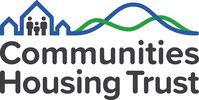
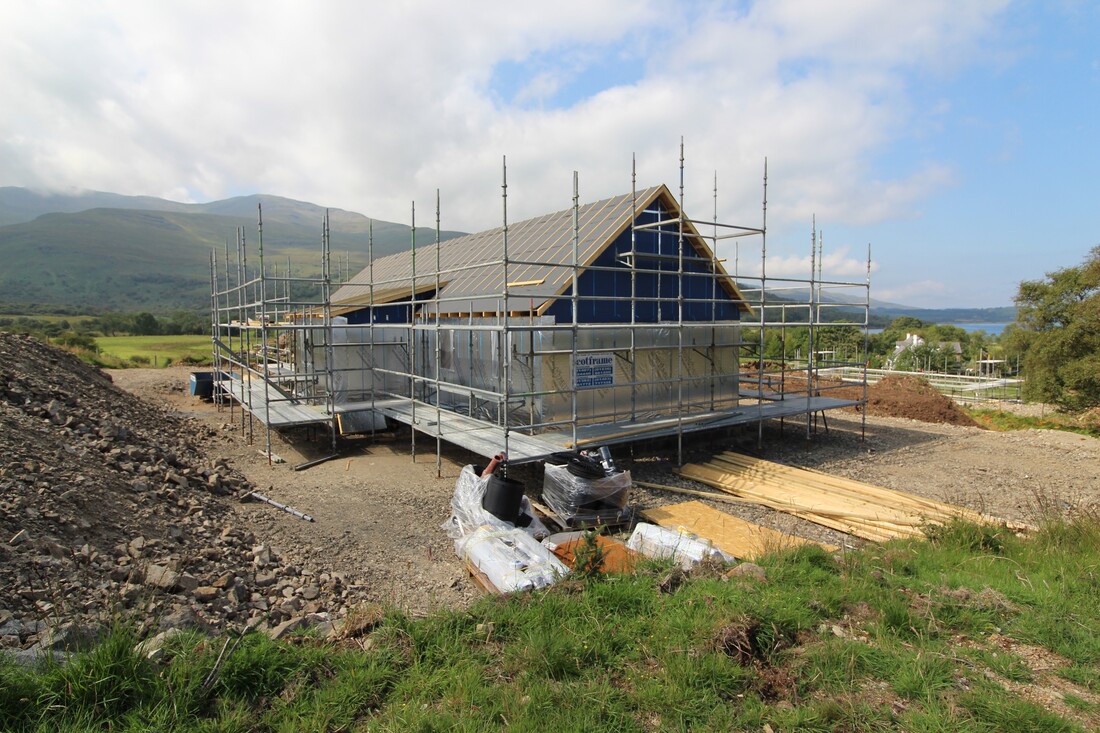
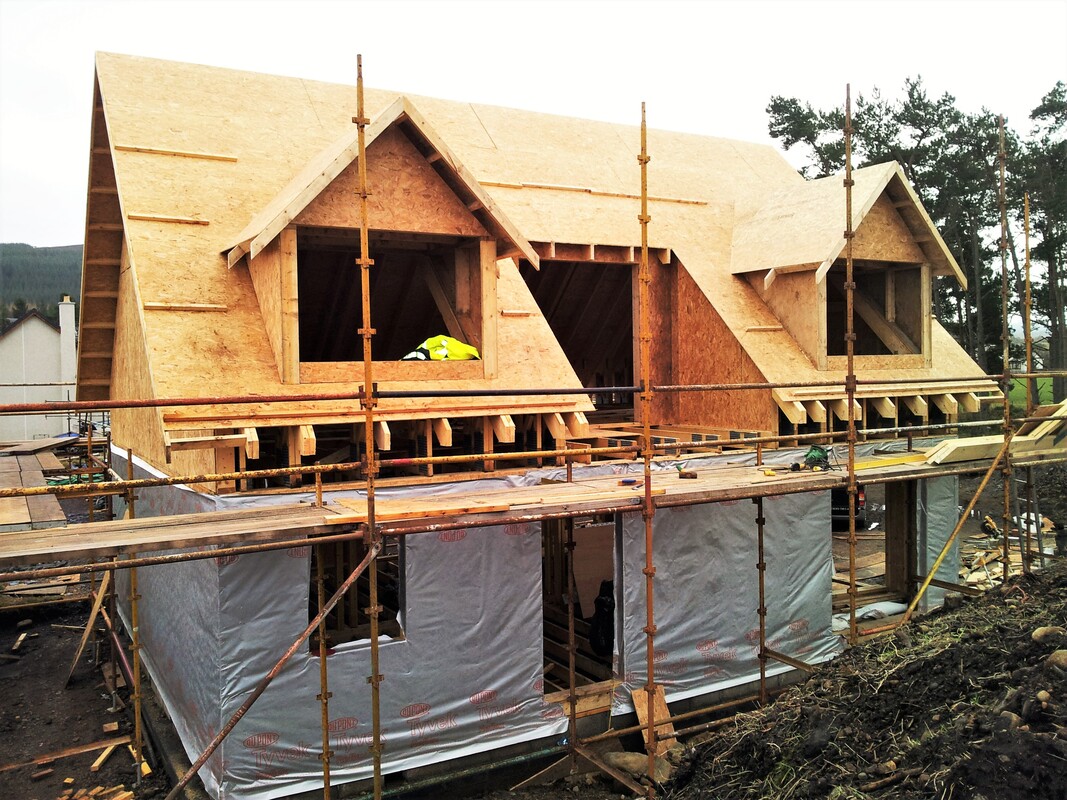

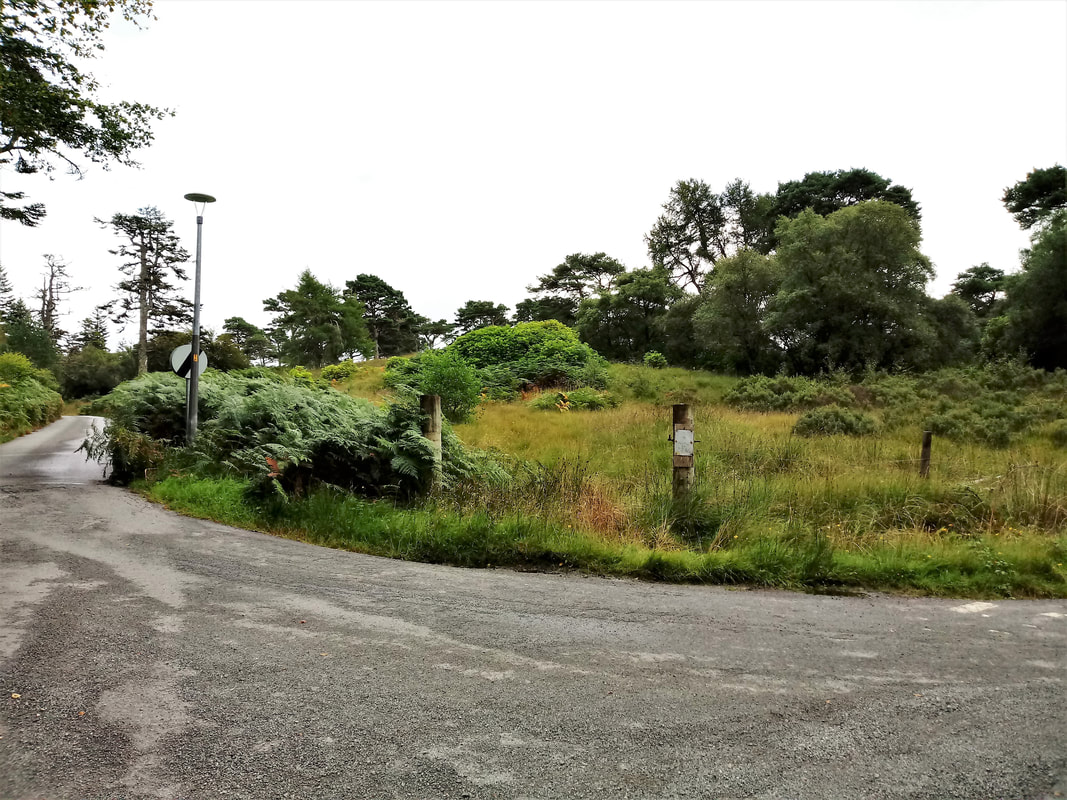
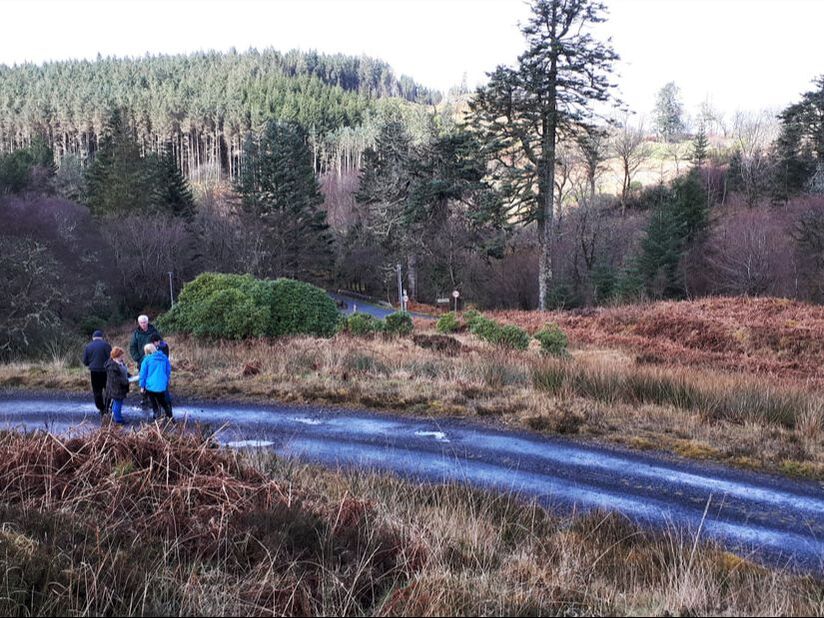

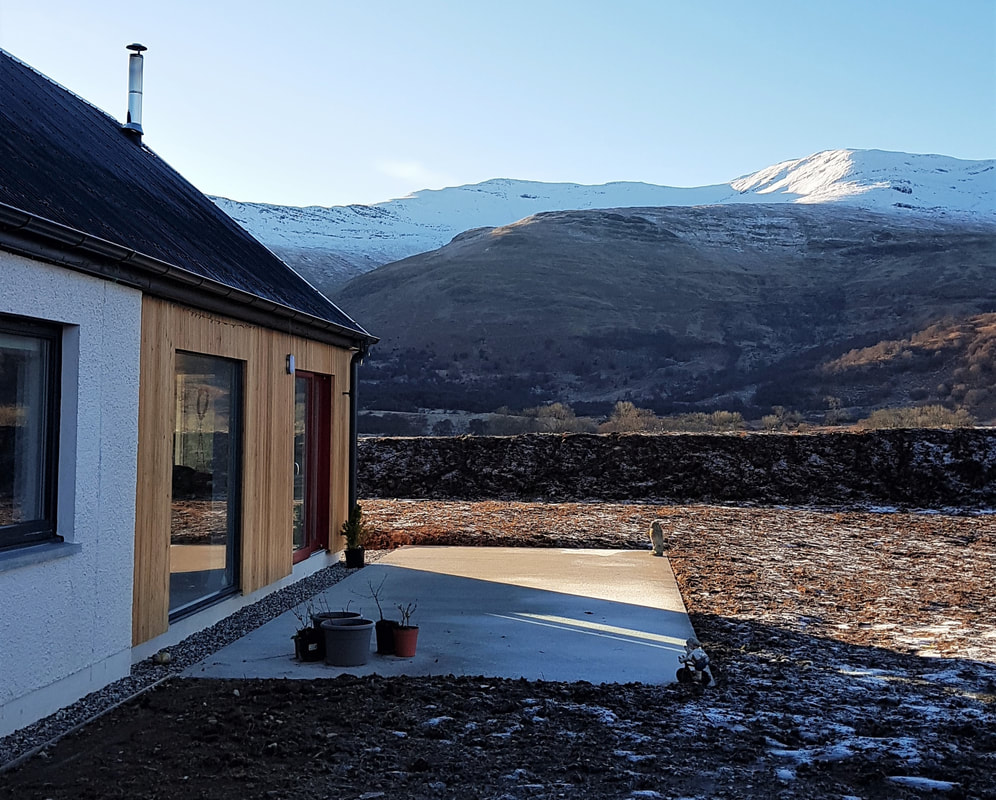

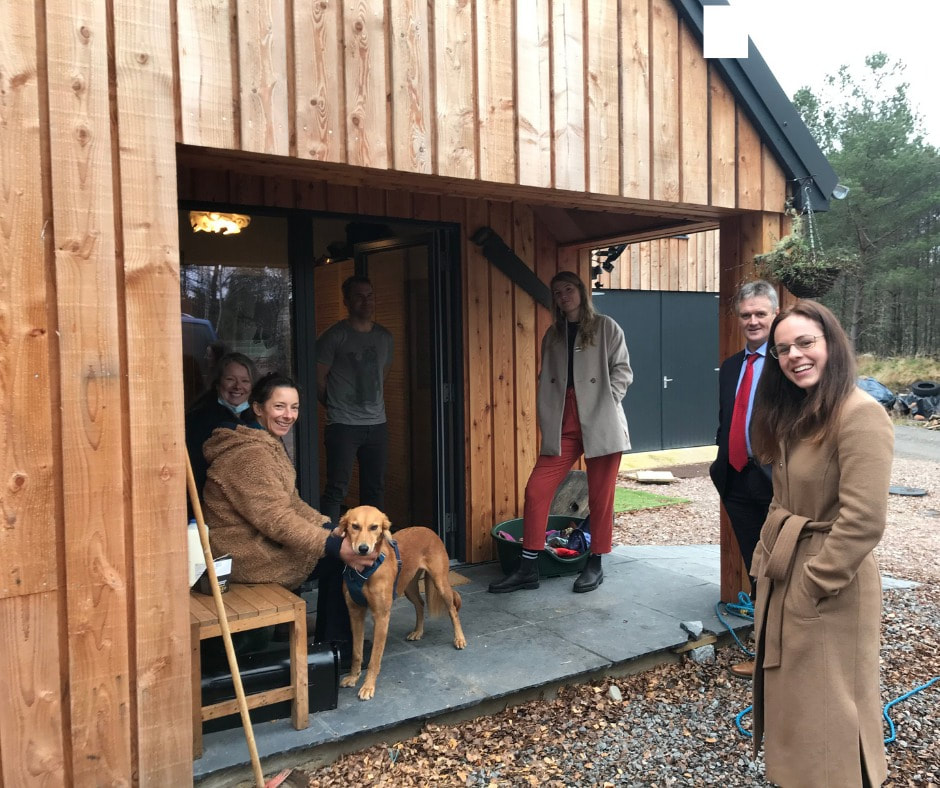


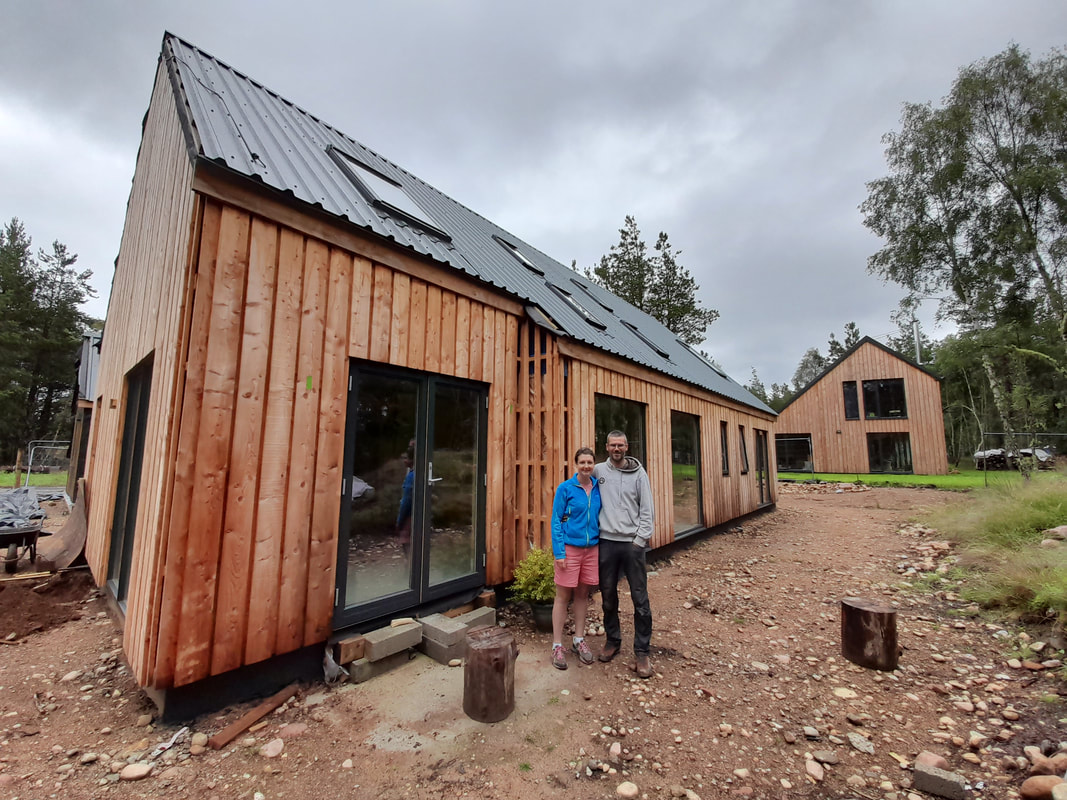
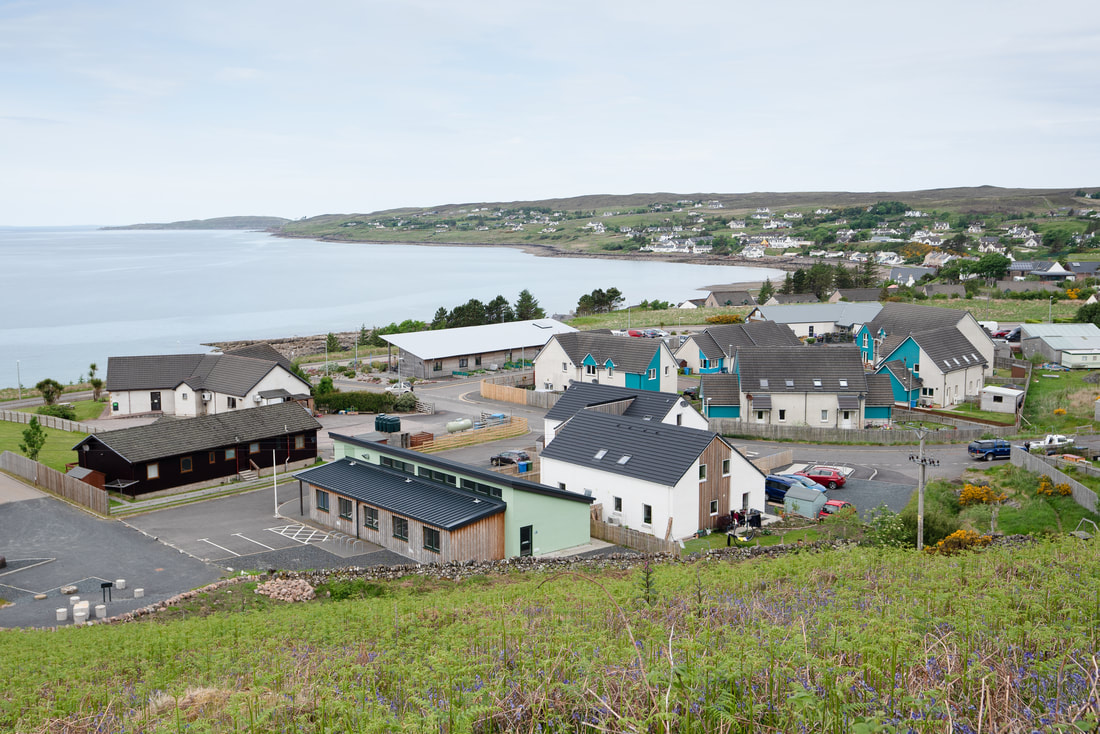

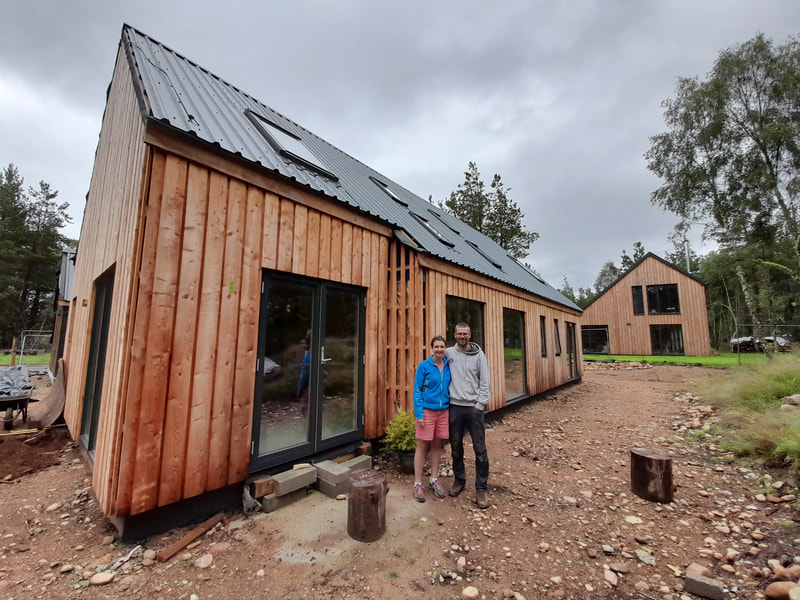
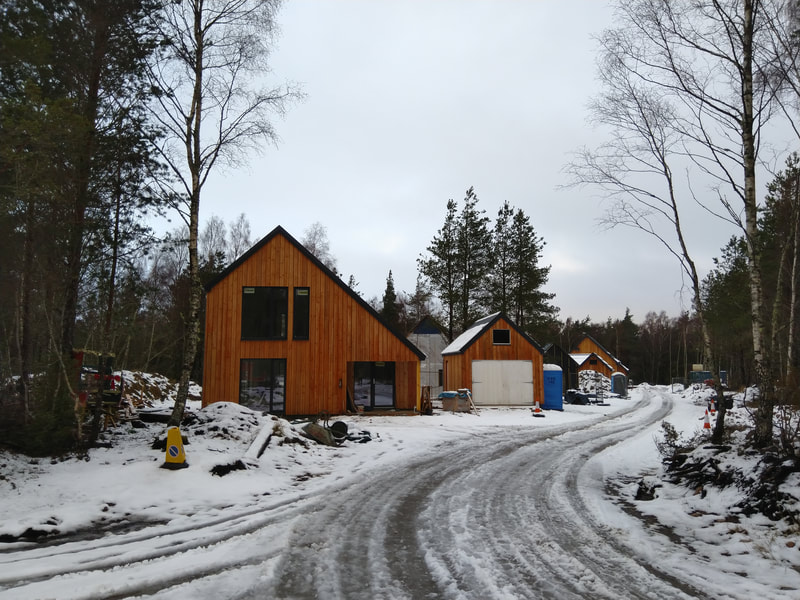
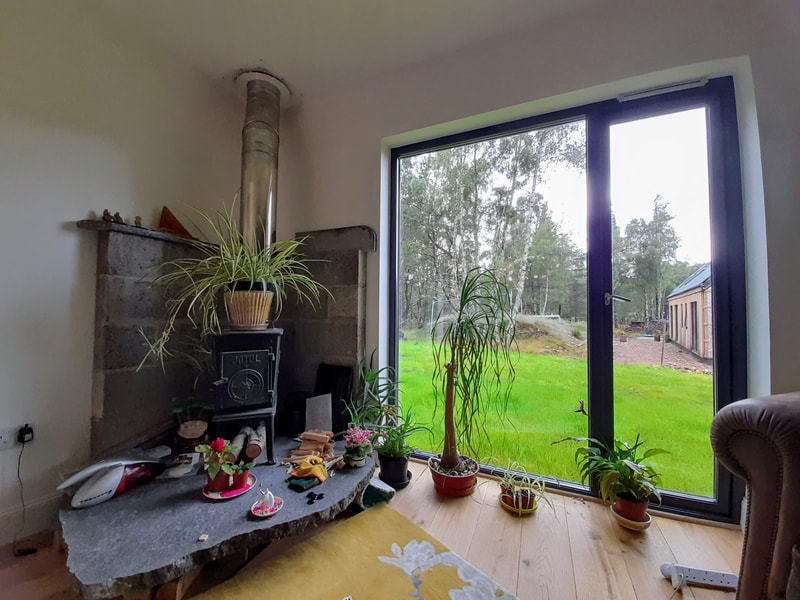
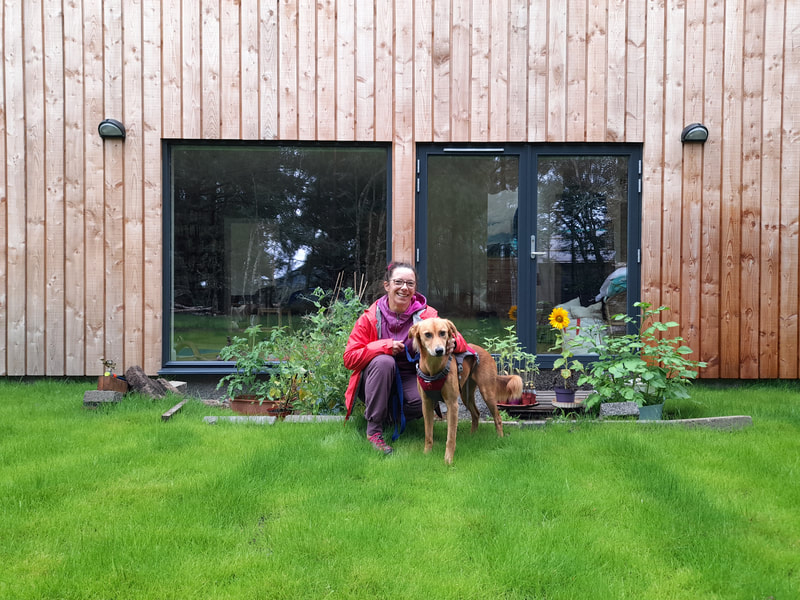
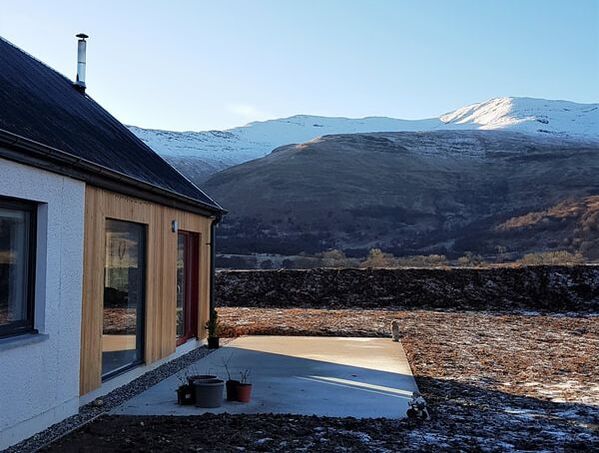
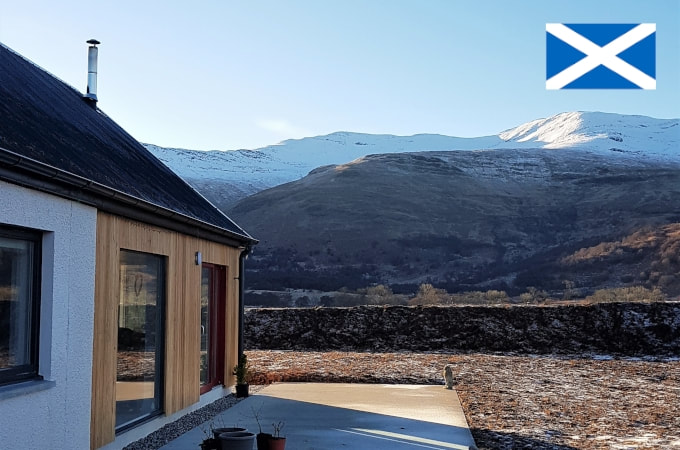
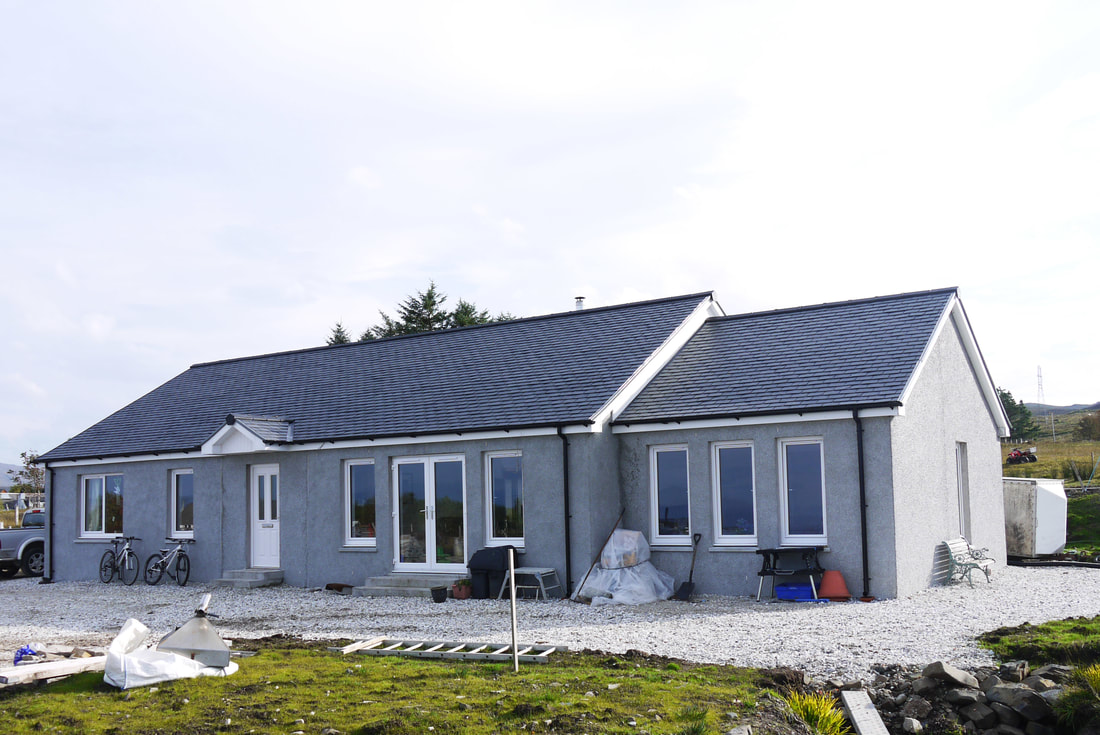
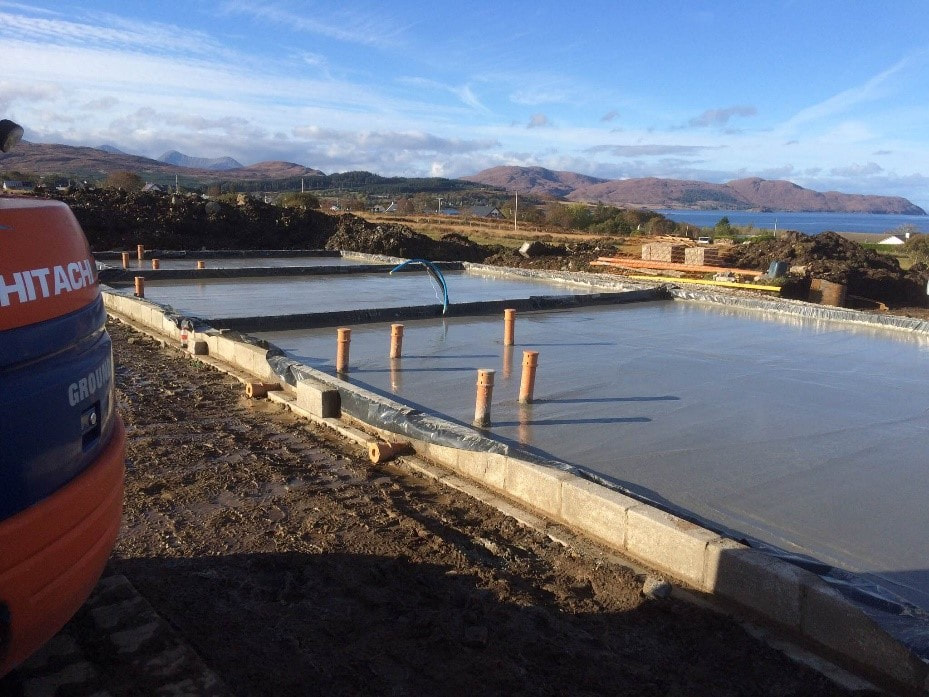
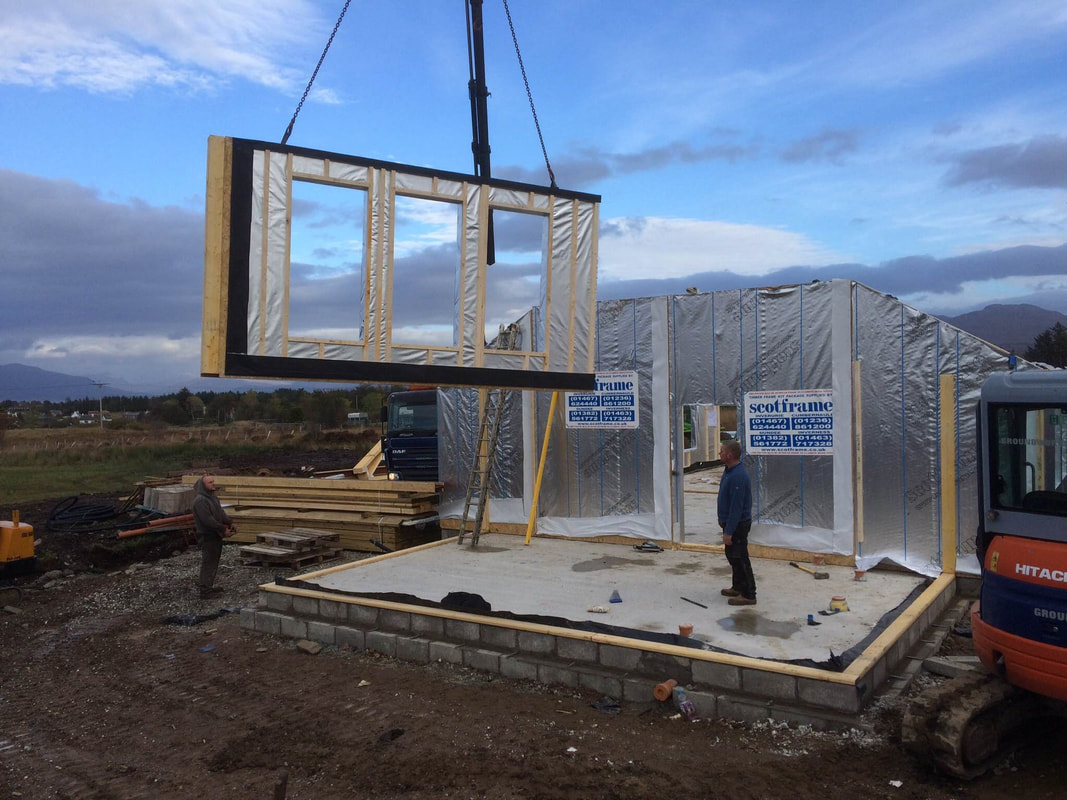
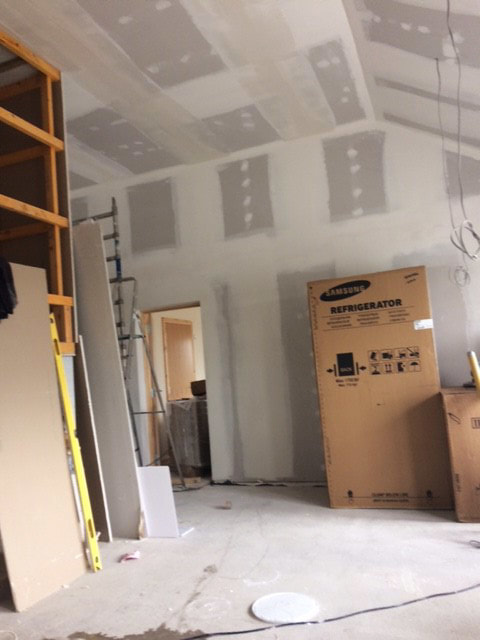
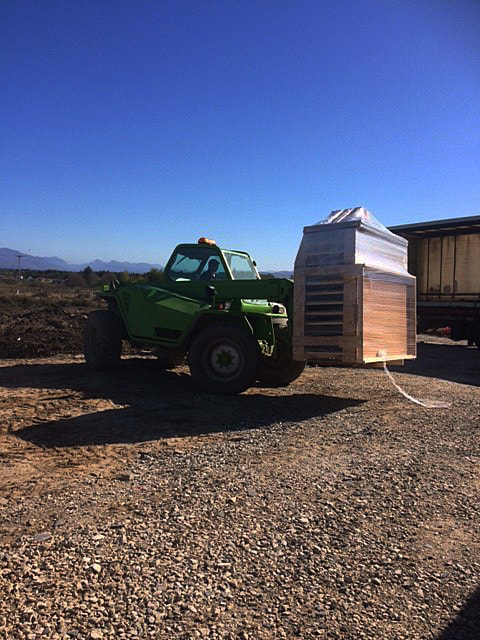
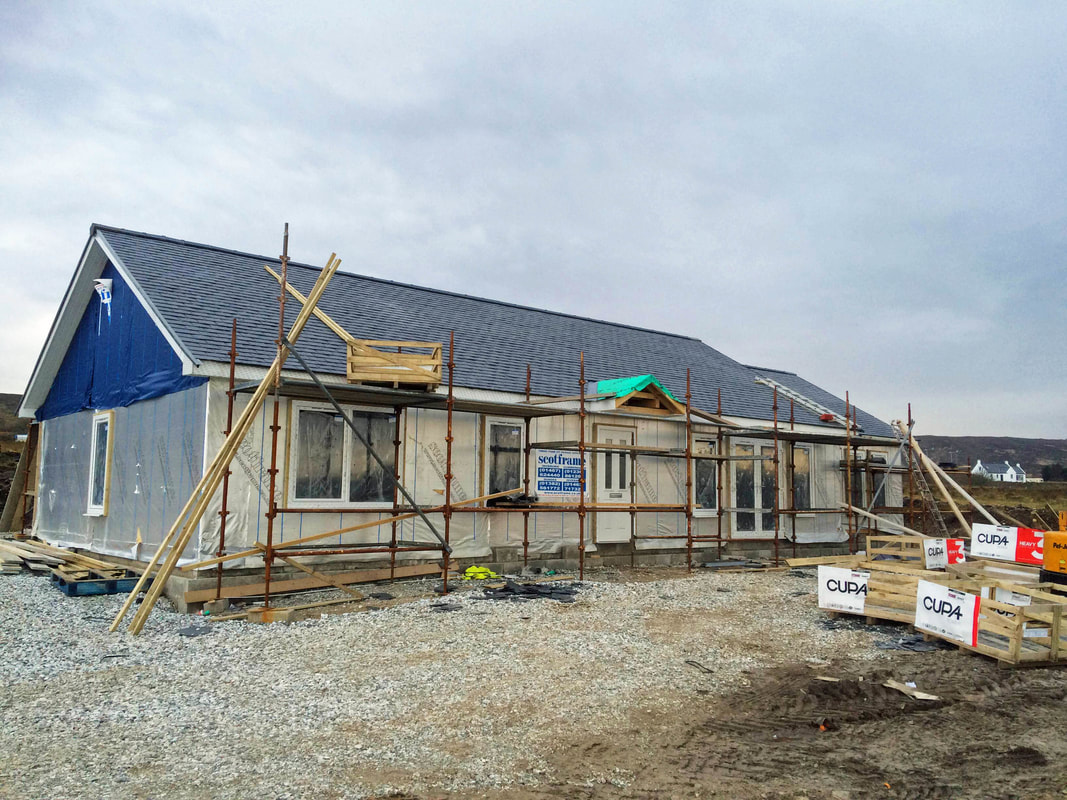
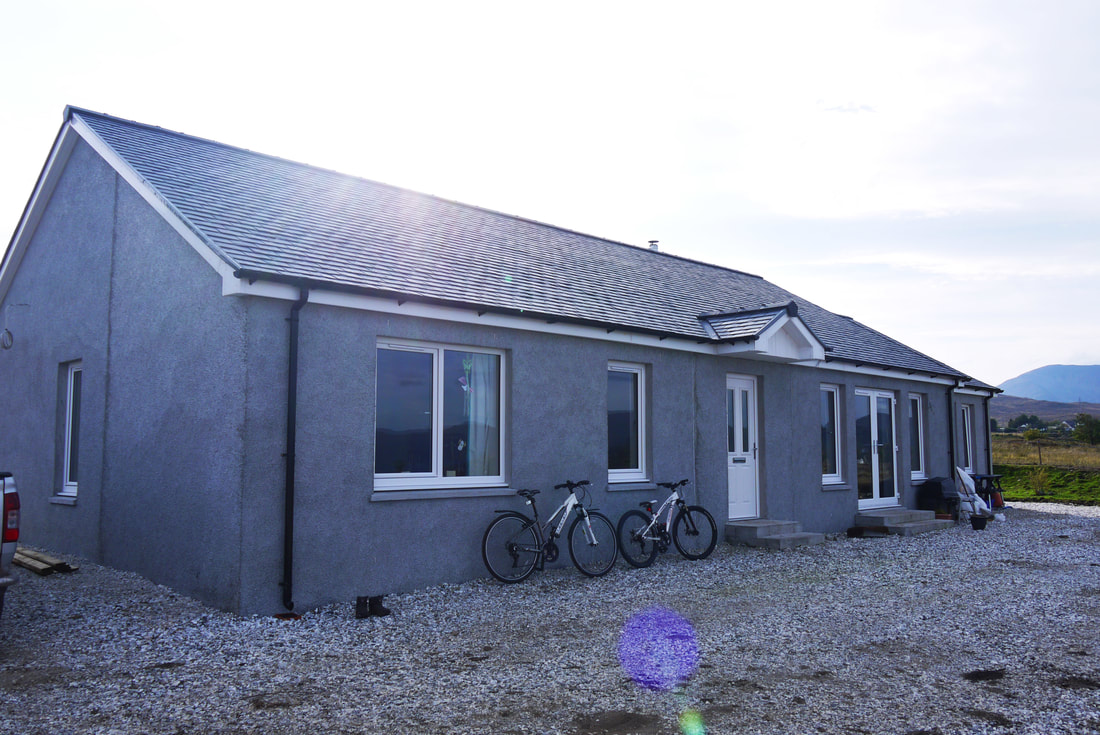
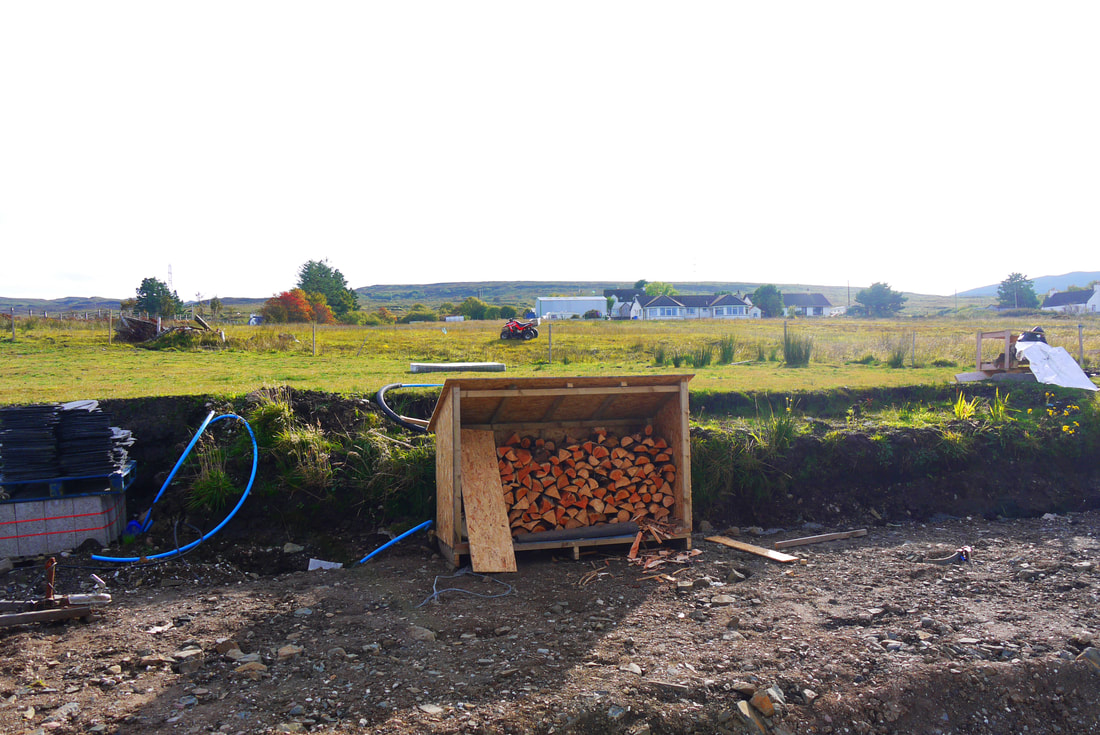
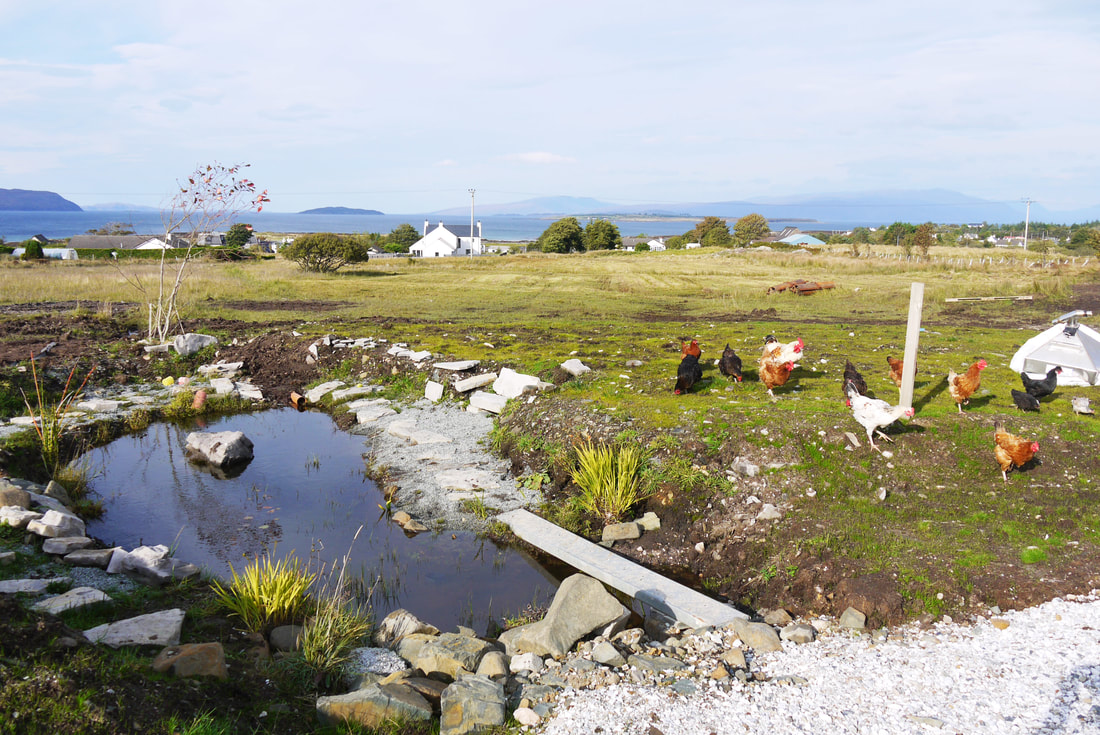
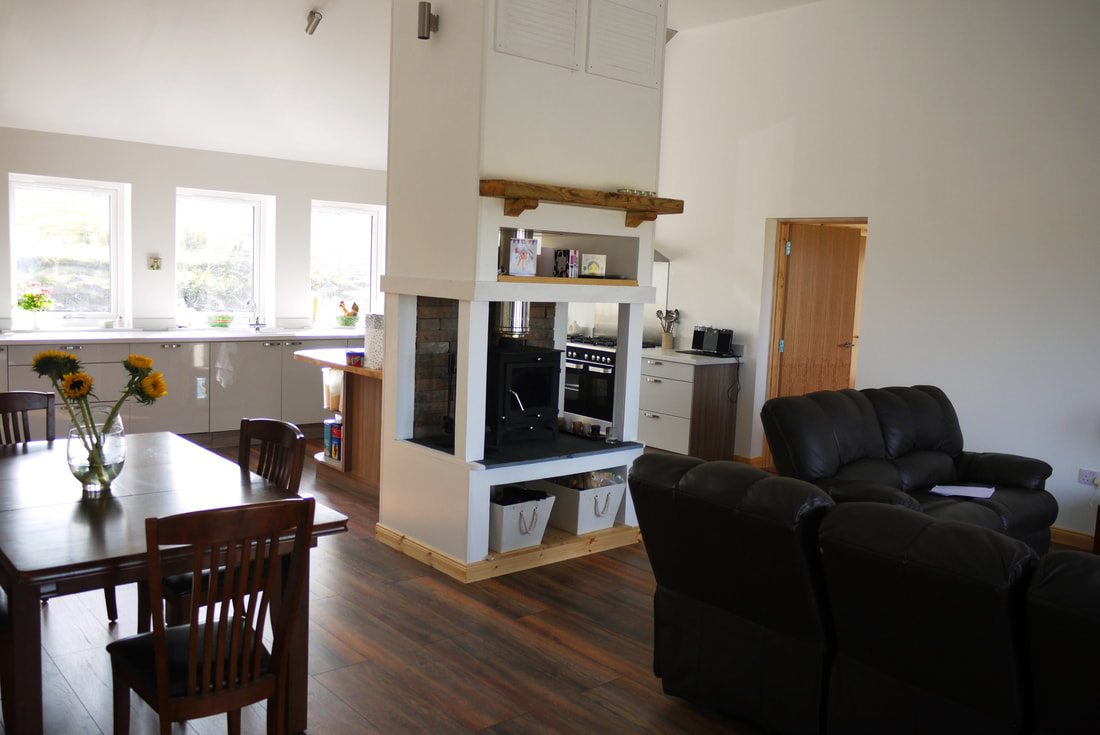
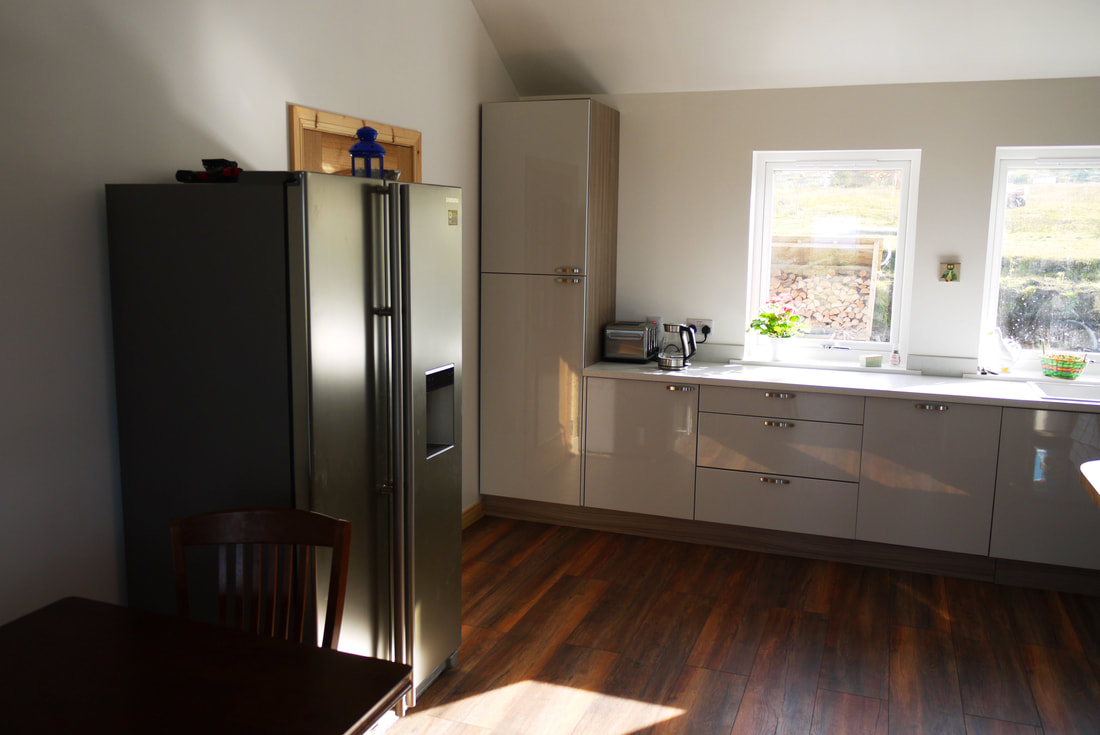
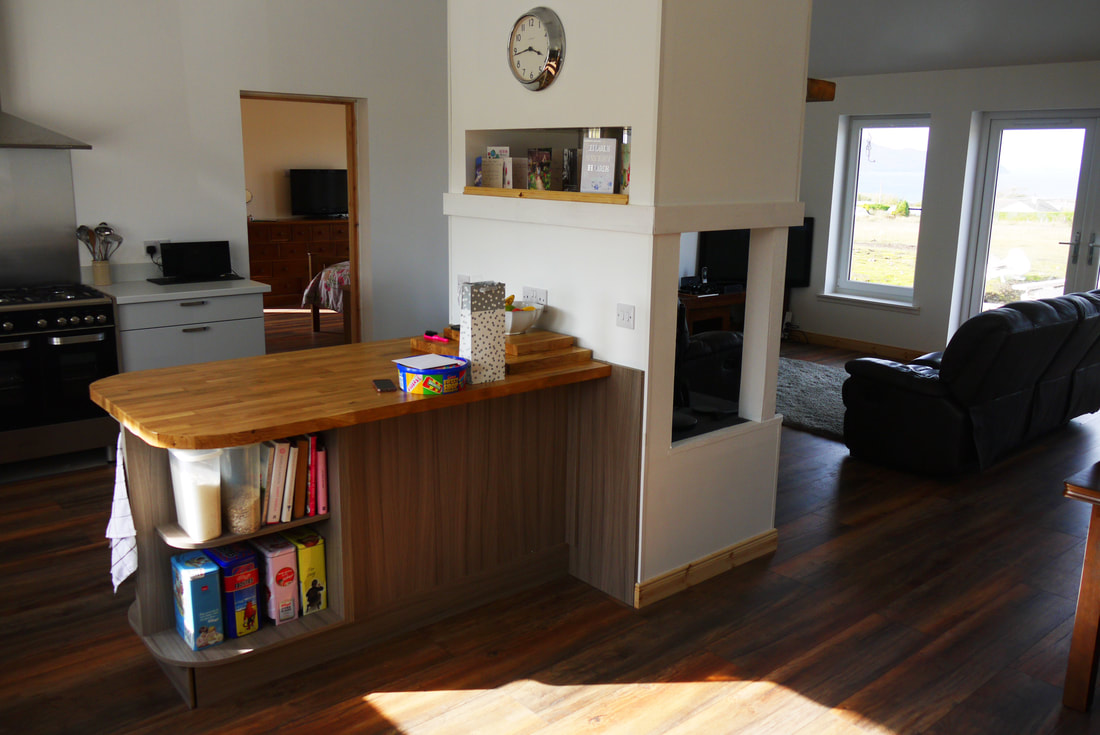
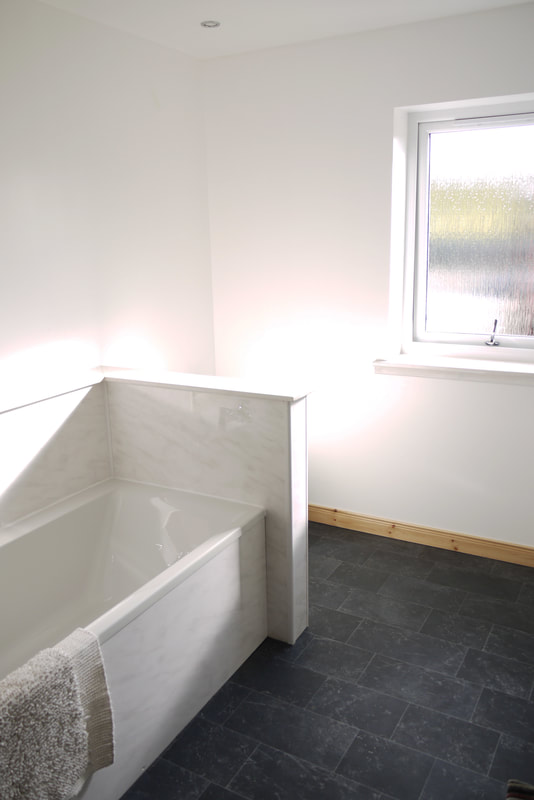
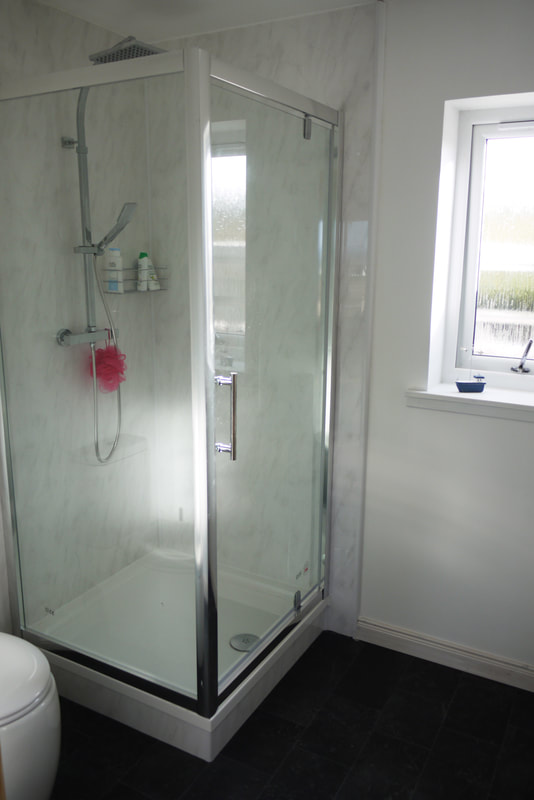
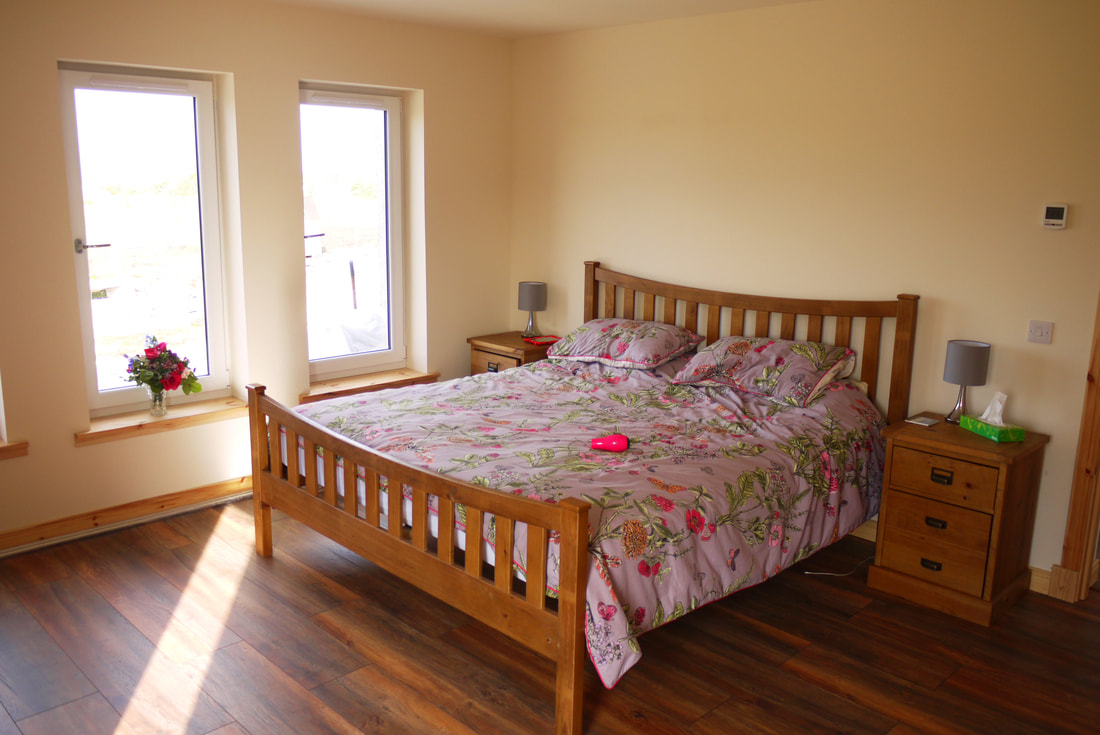
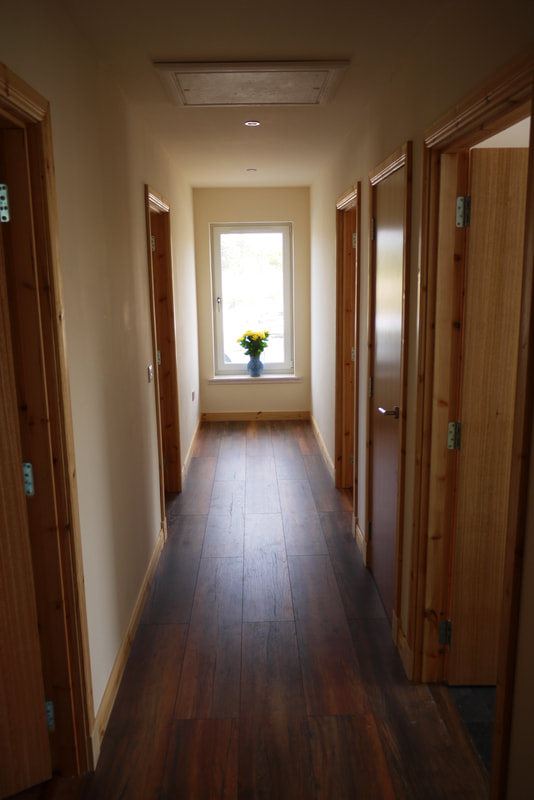
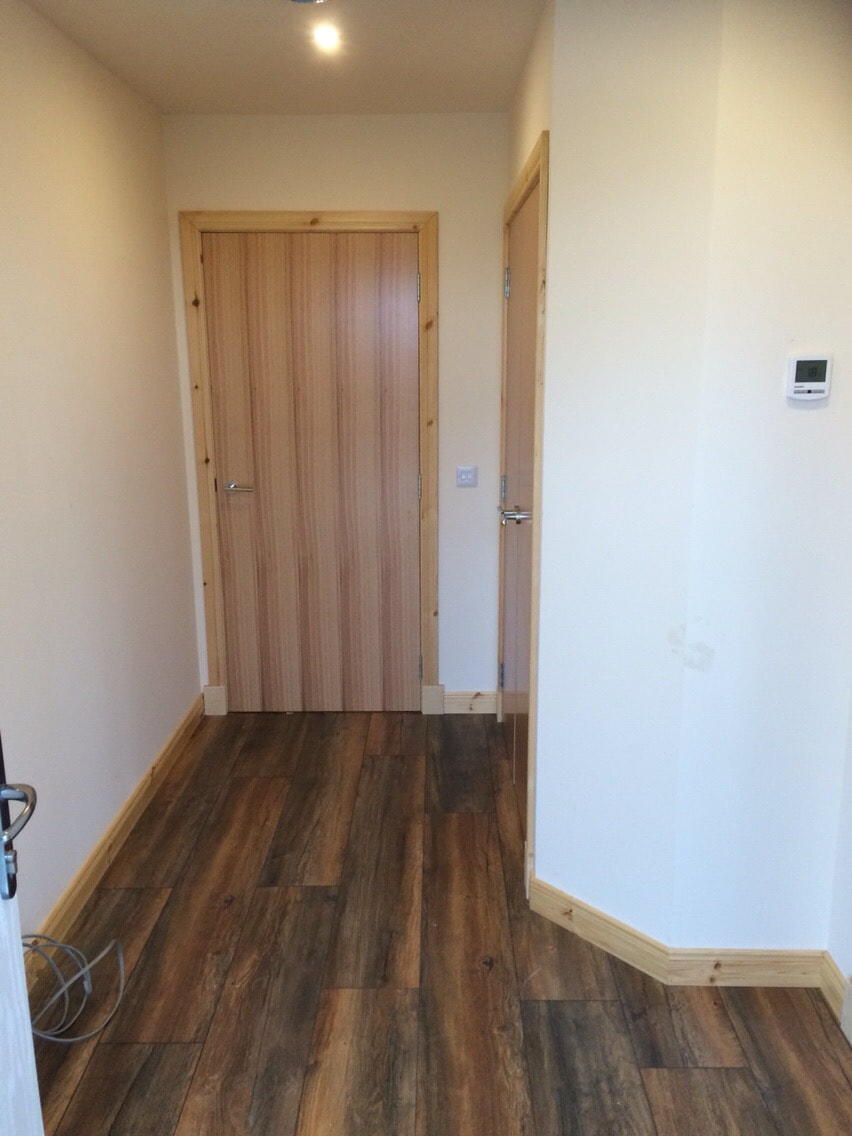
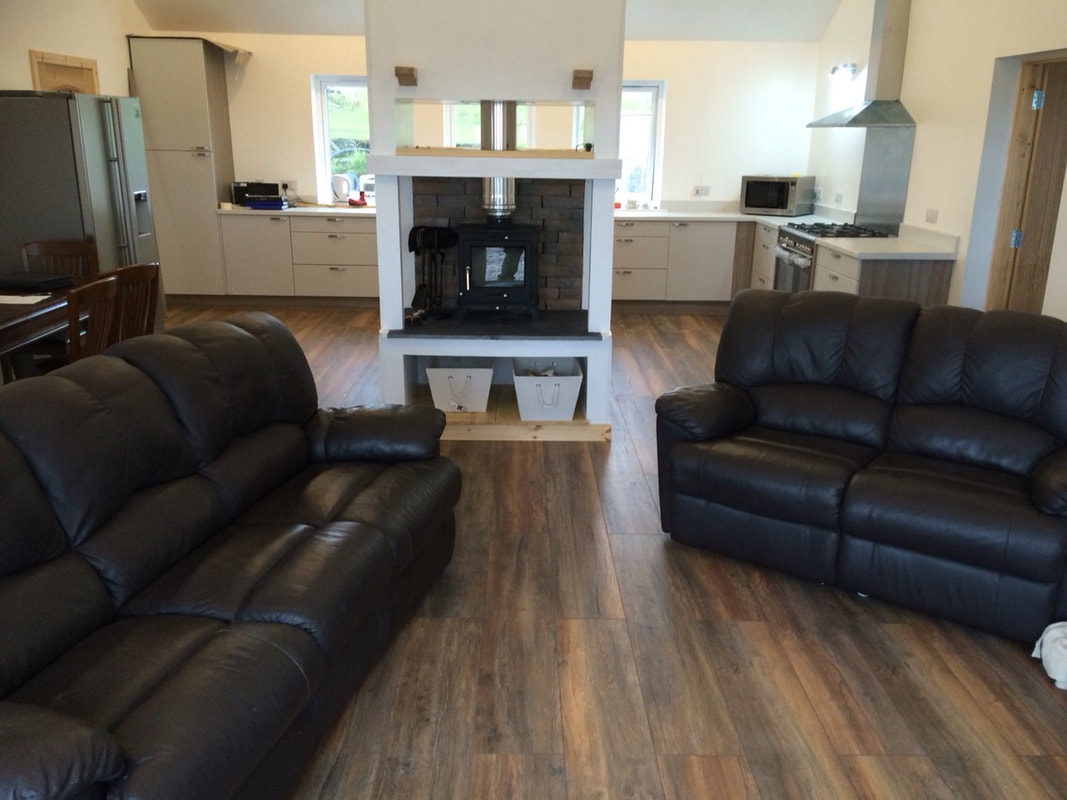
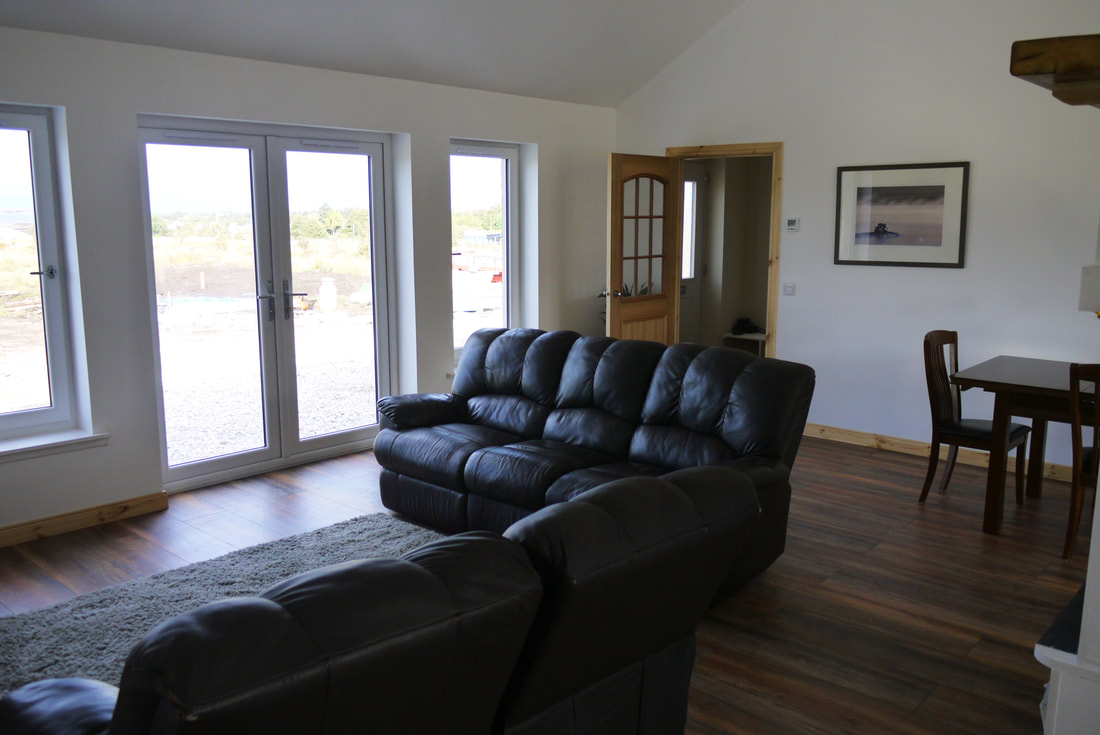




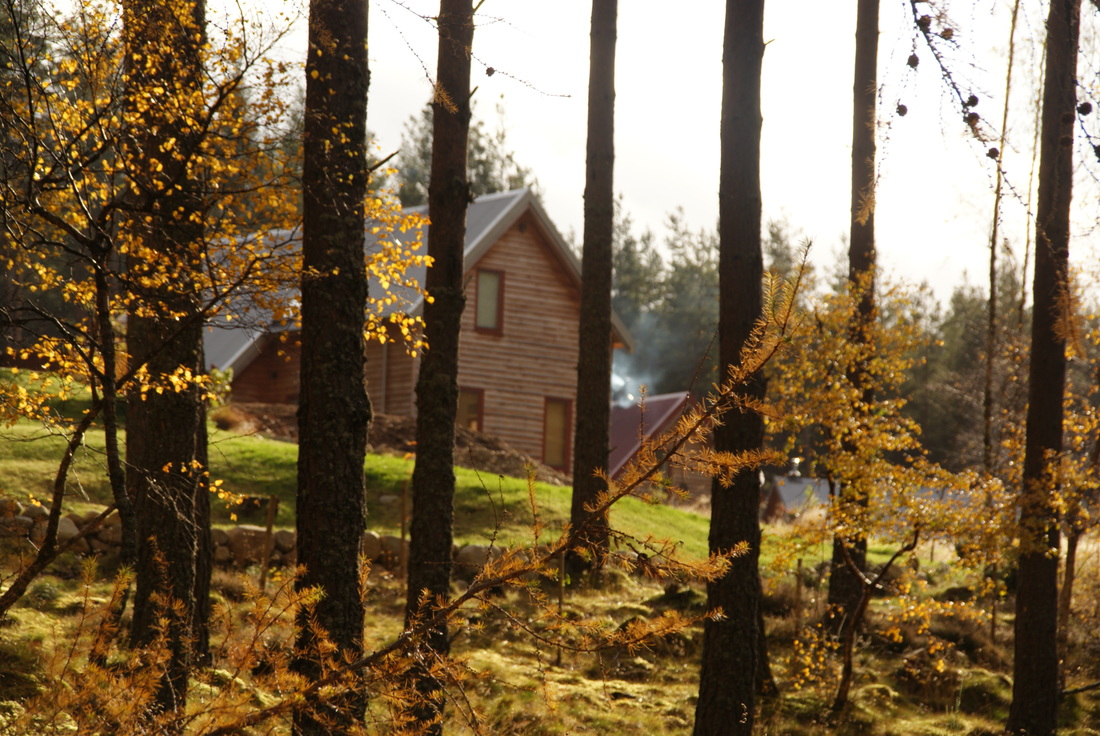
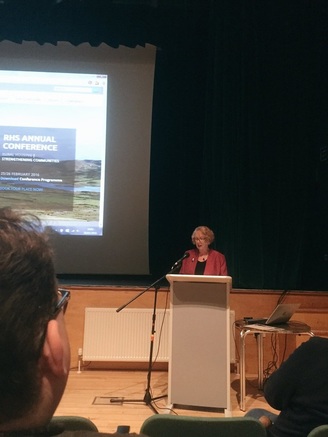

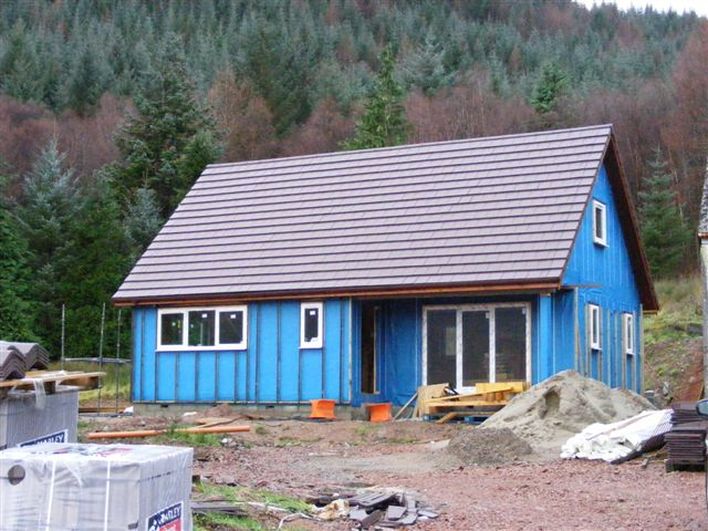
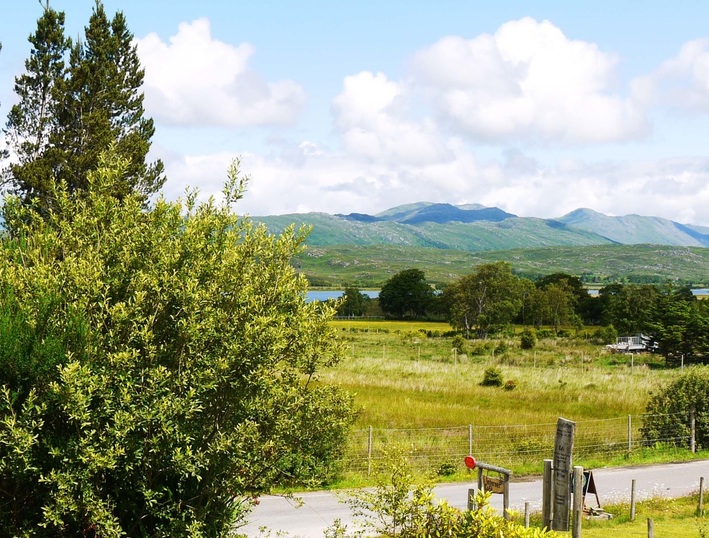
 RSS Feed
RSS Feed
